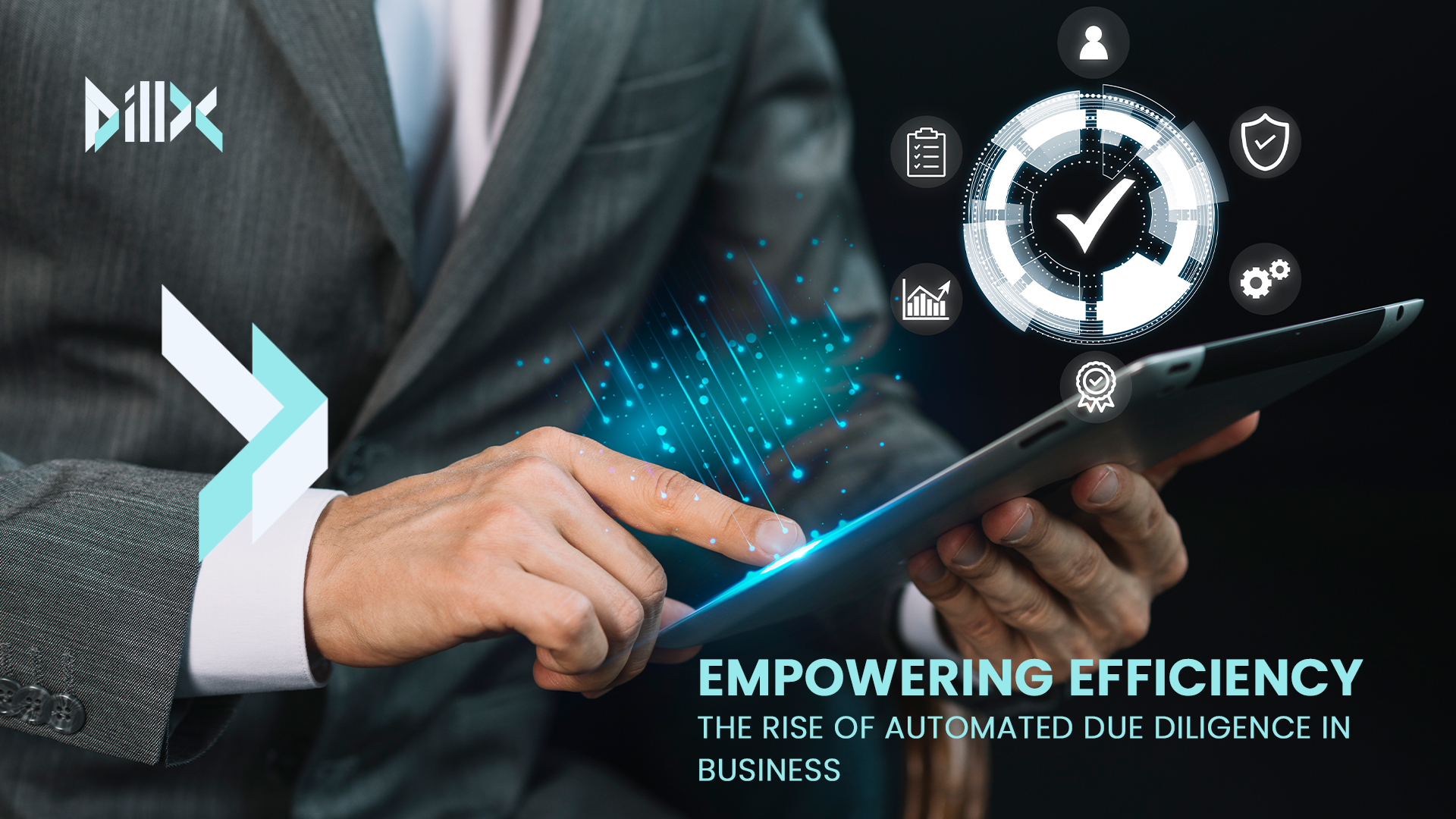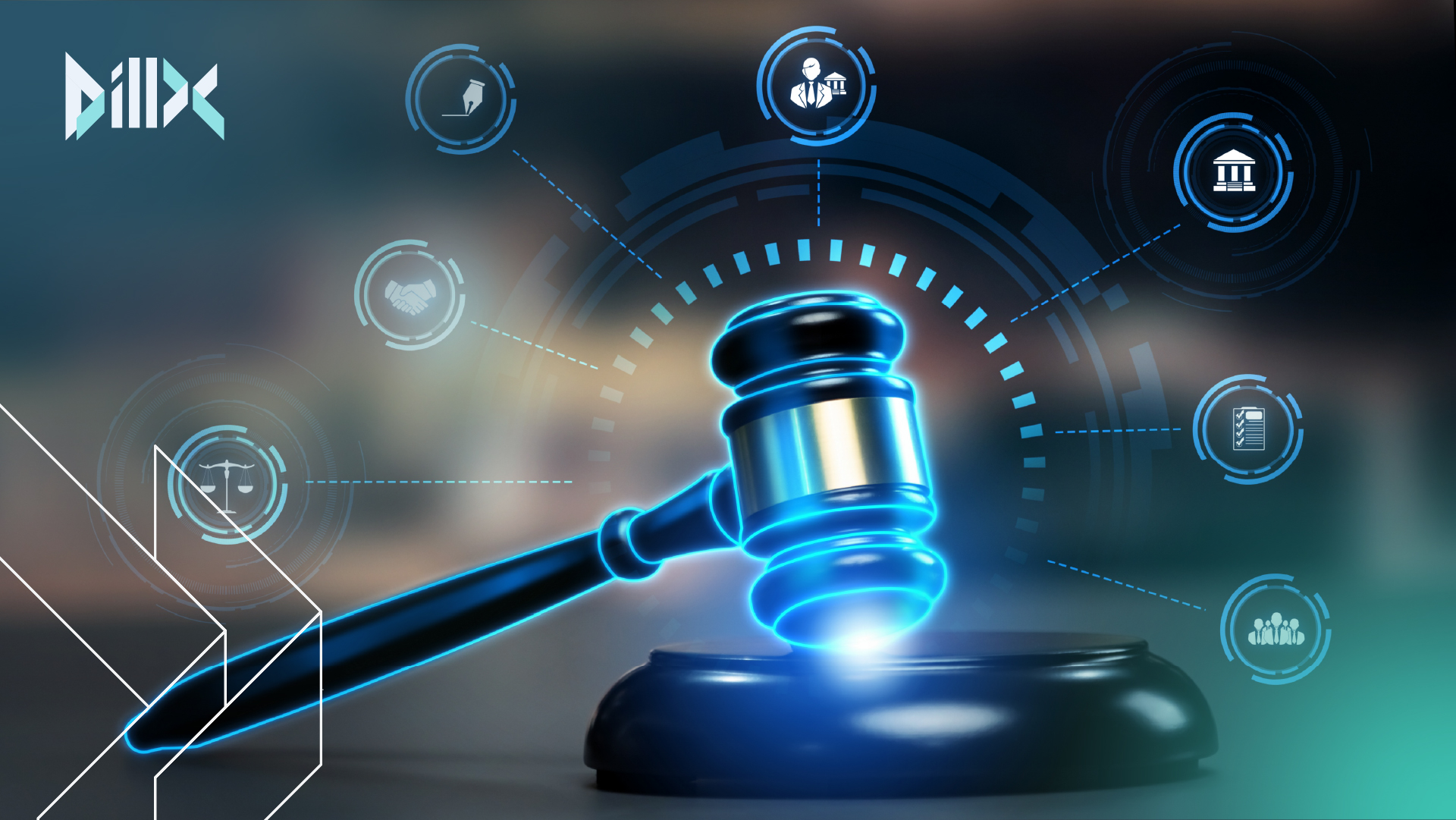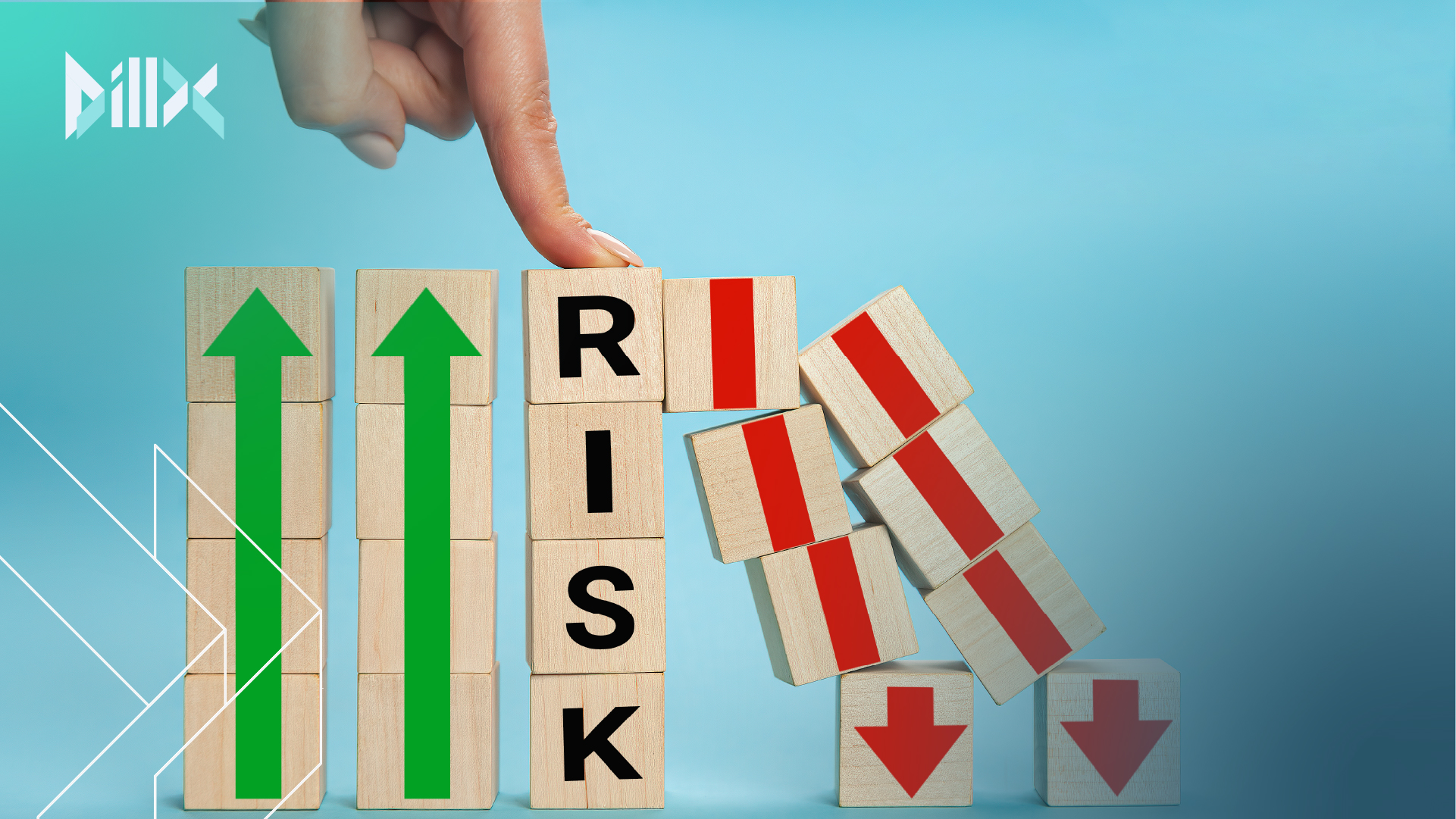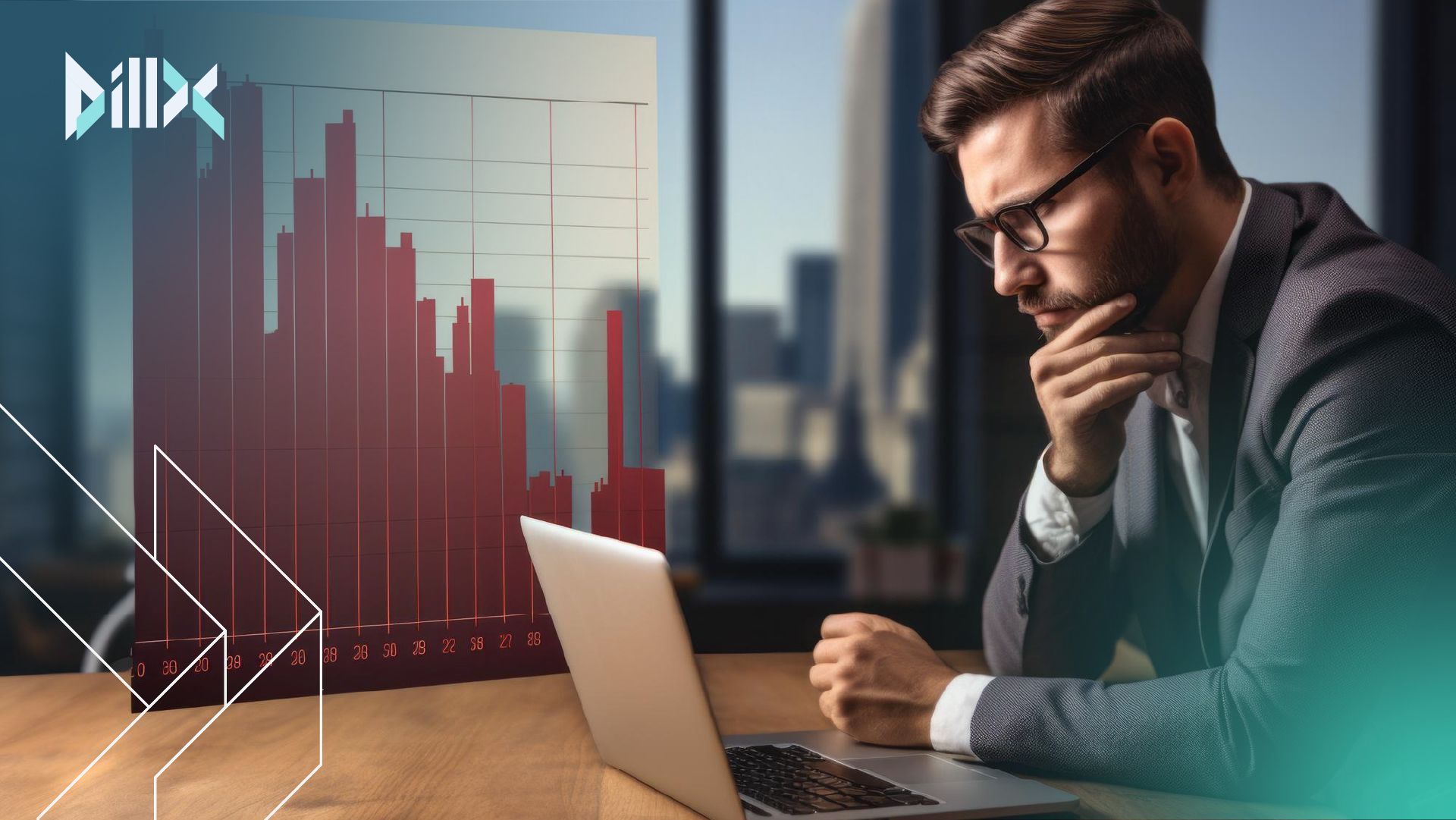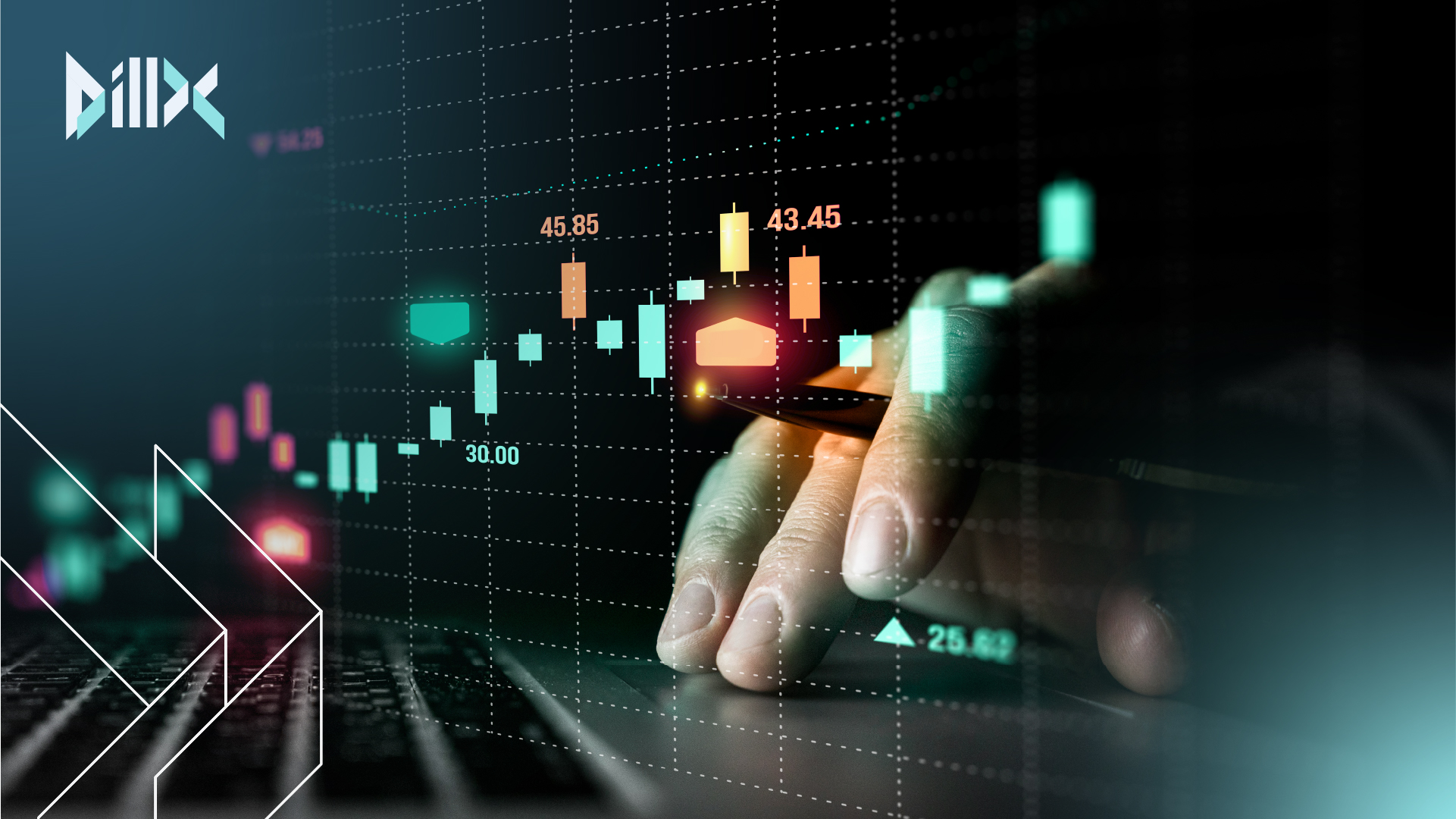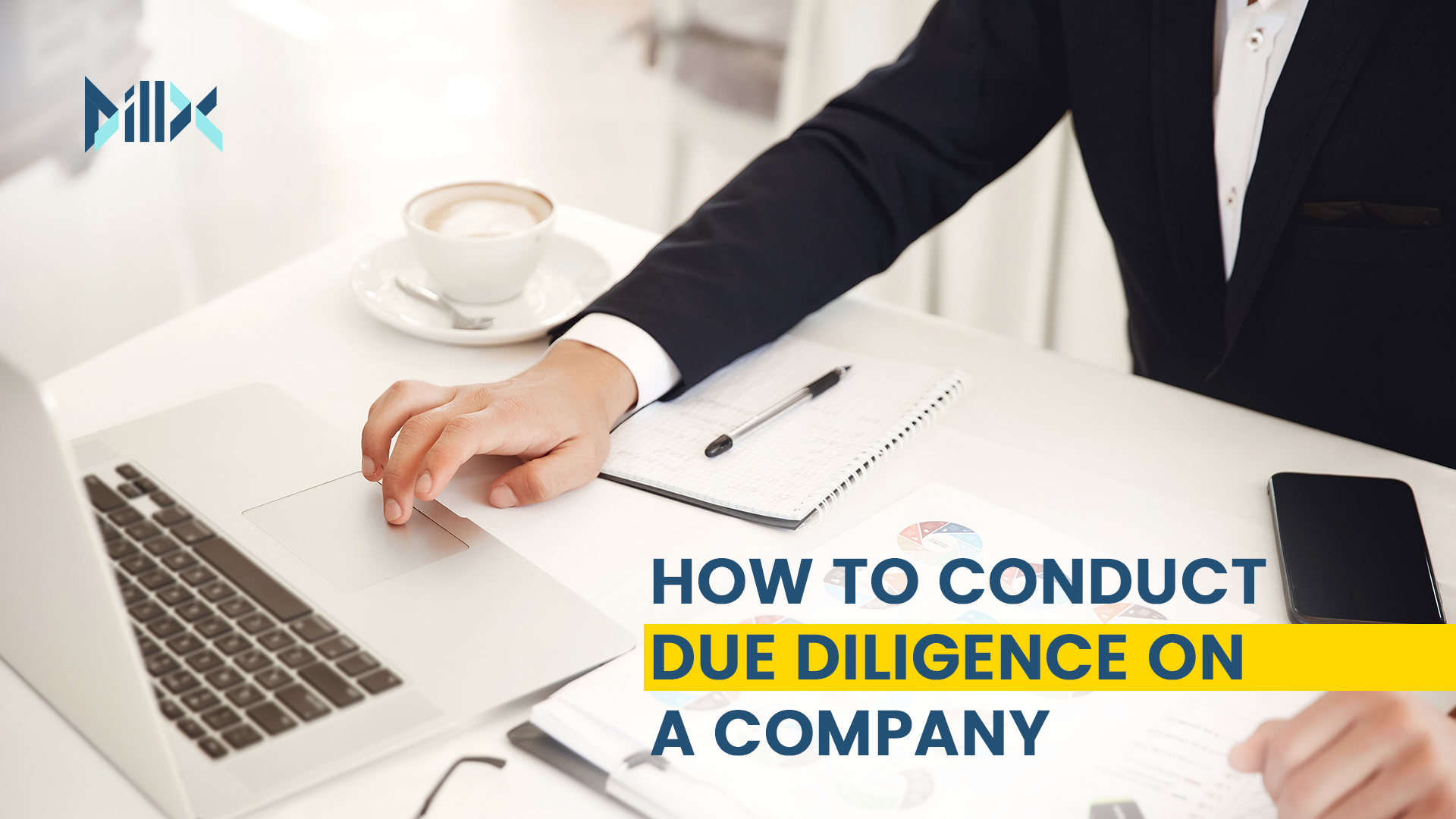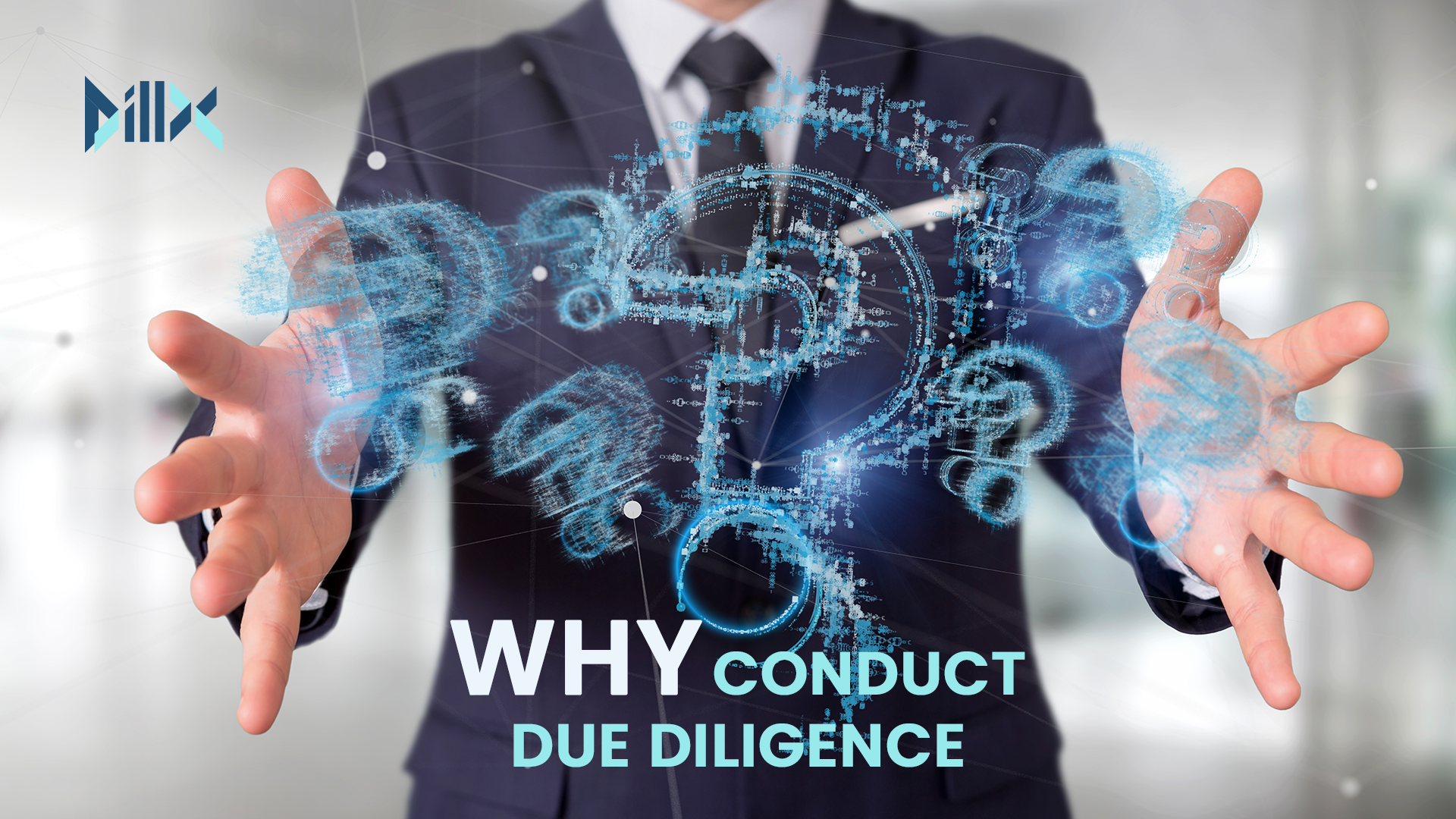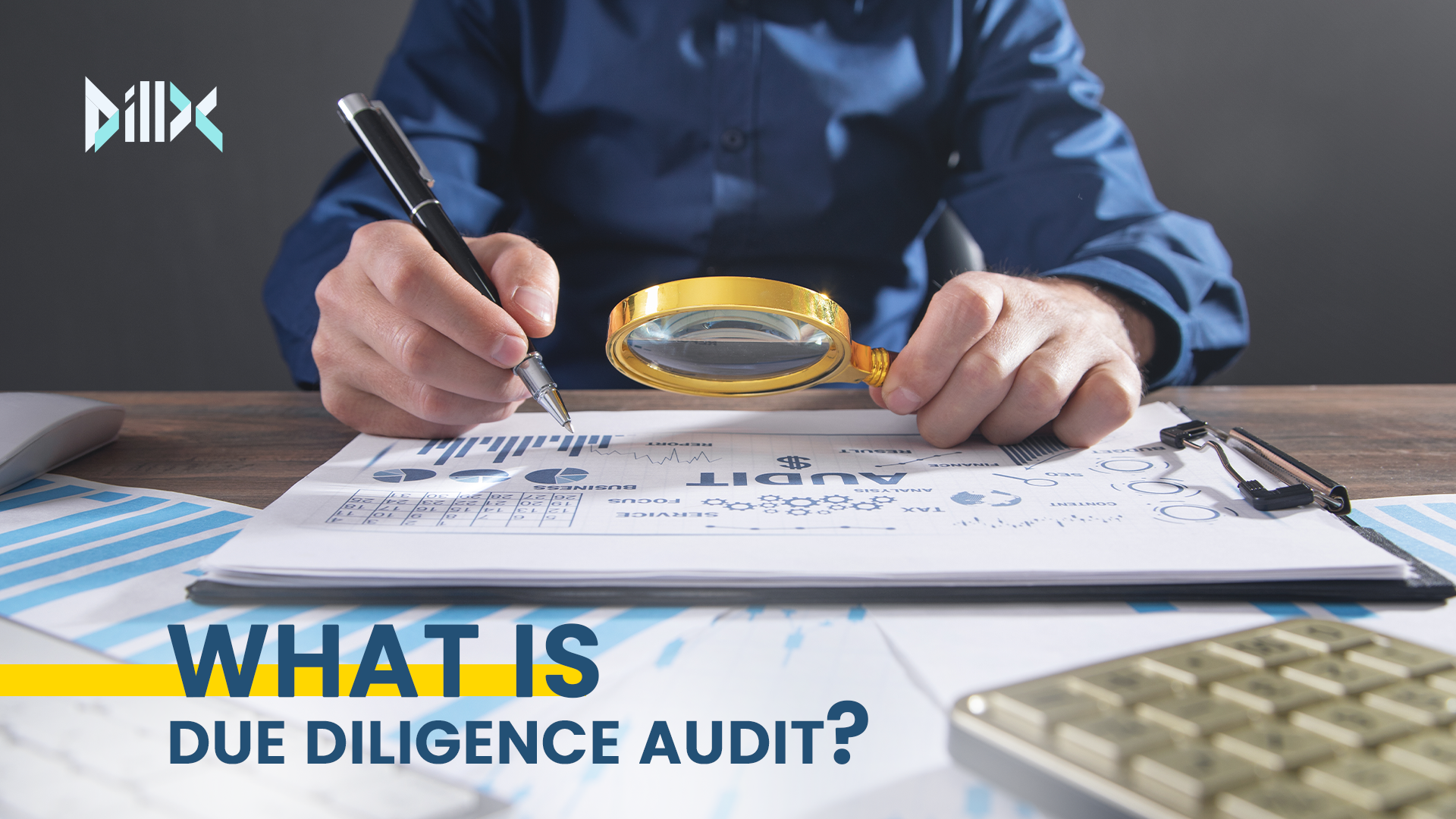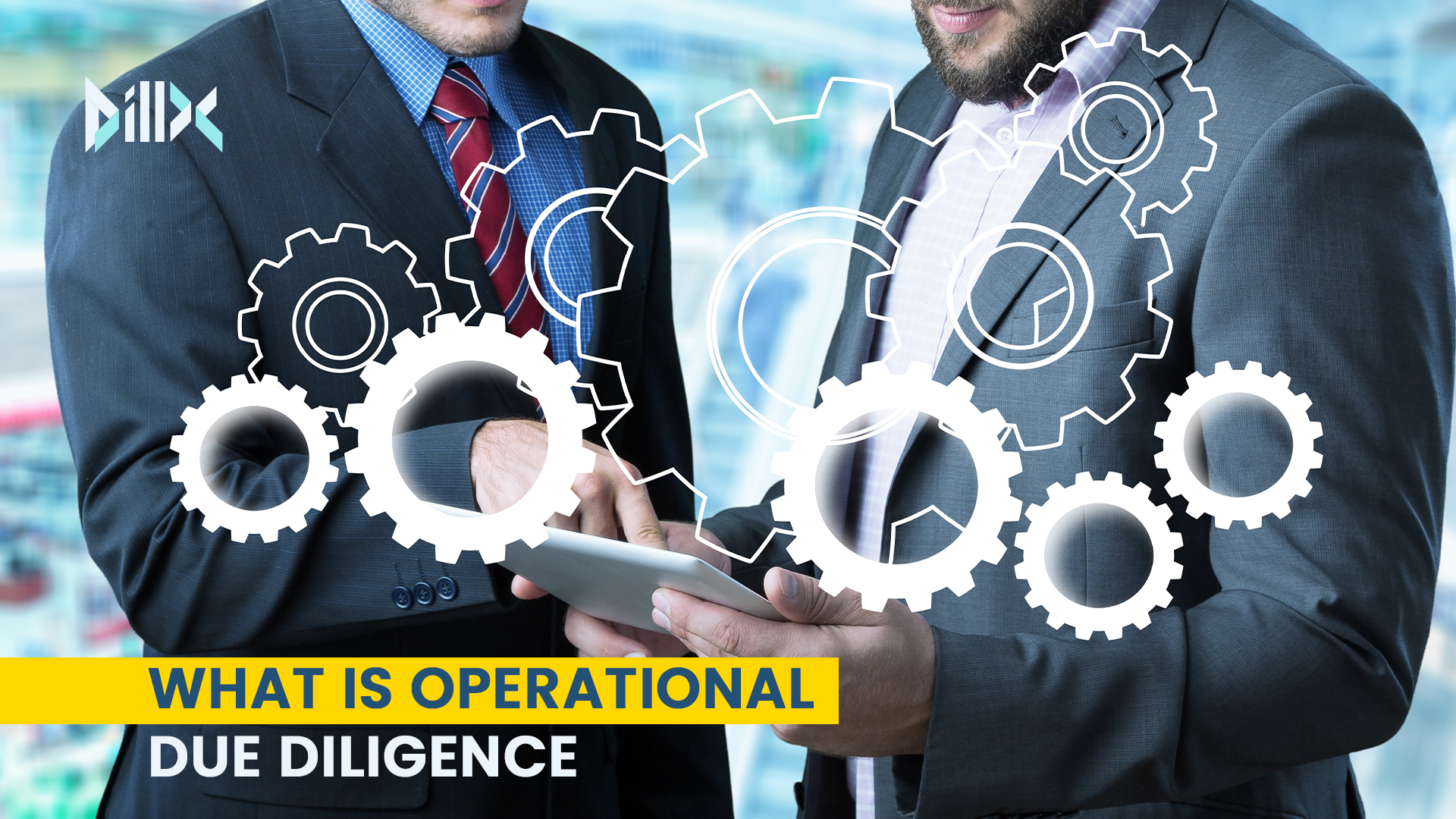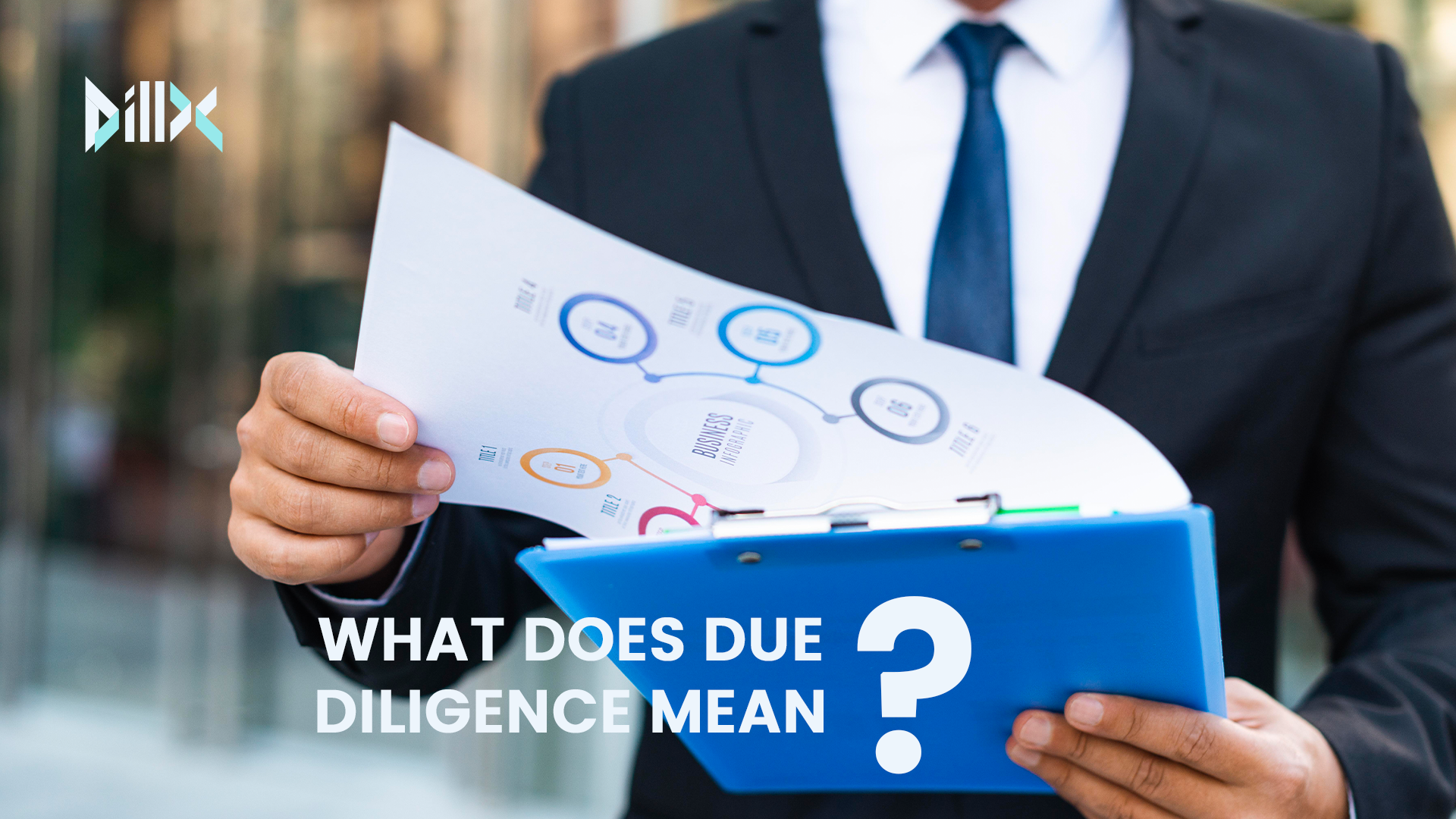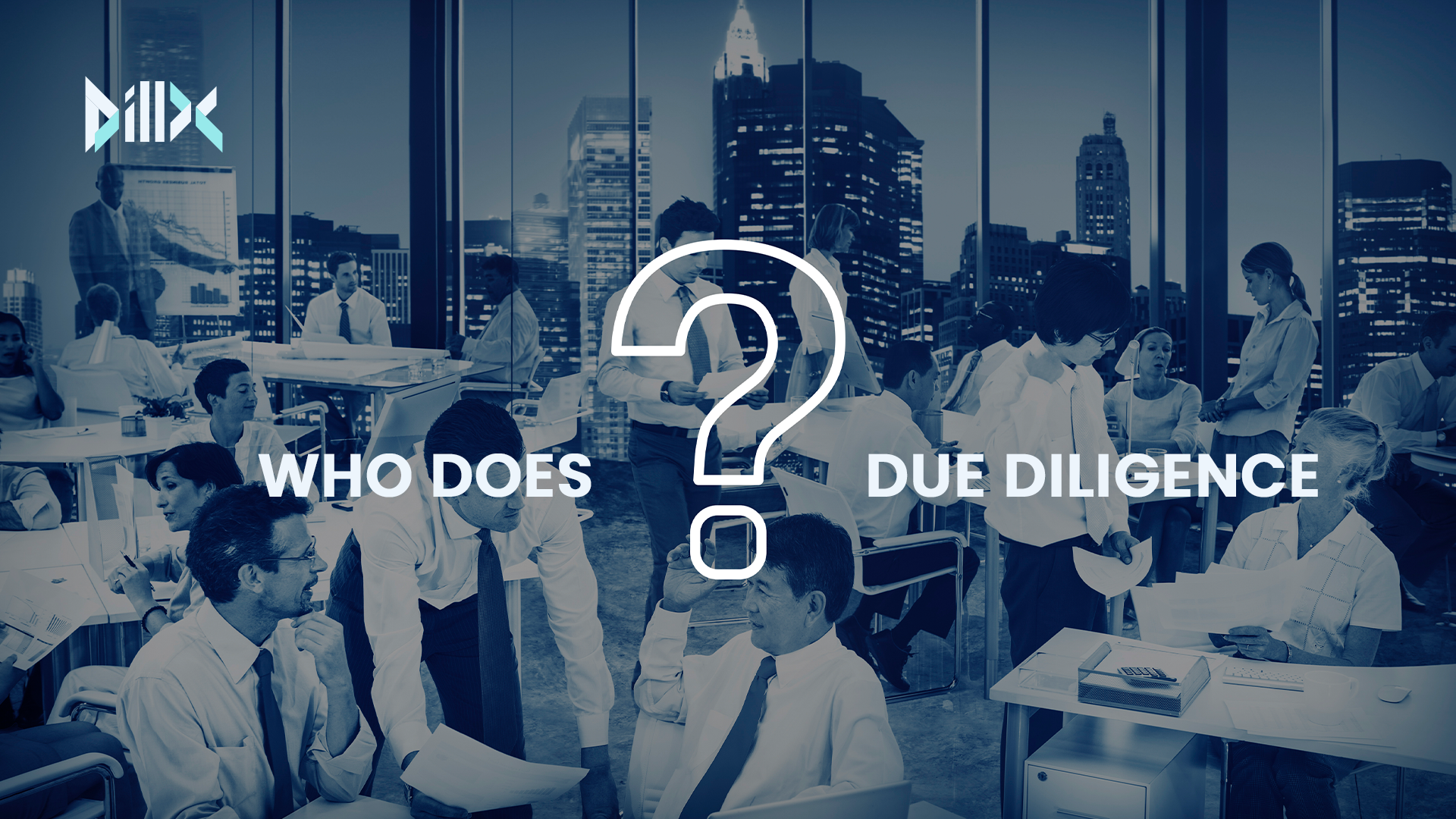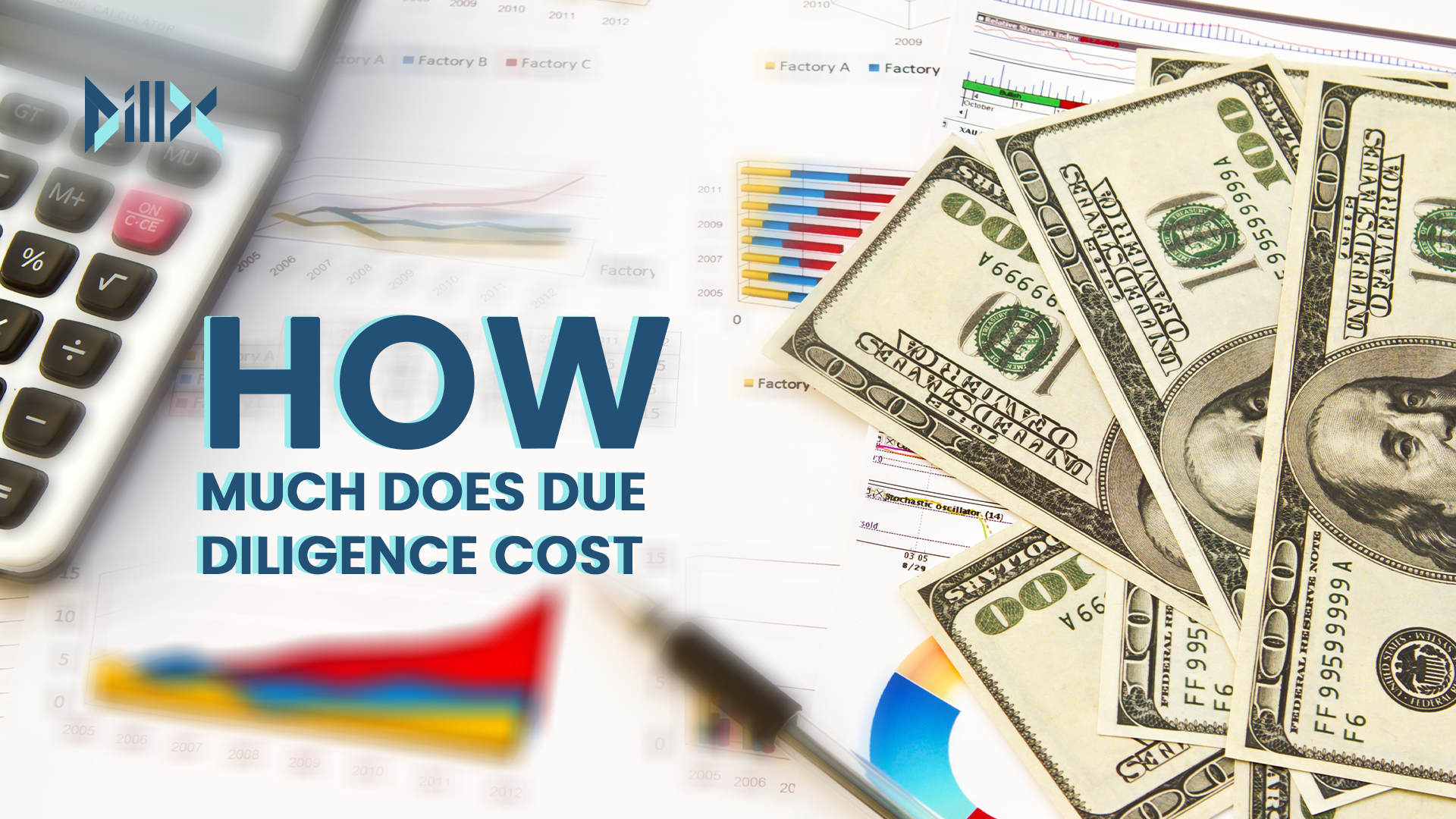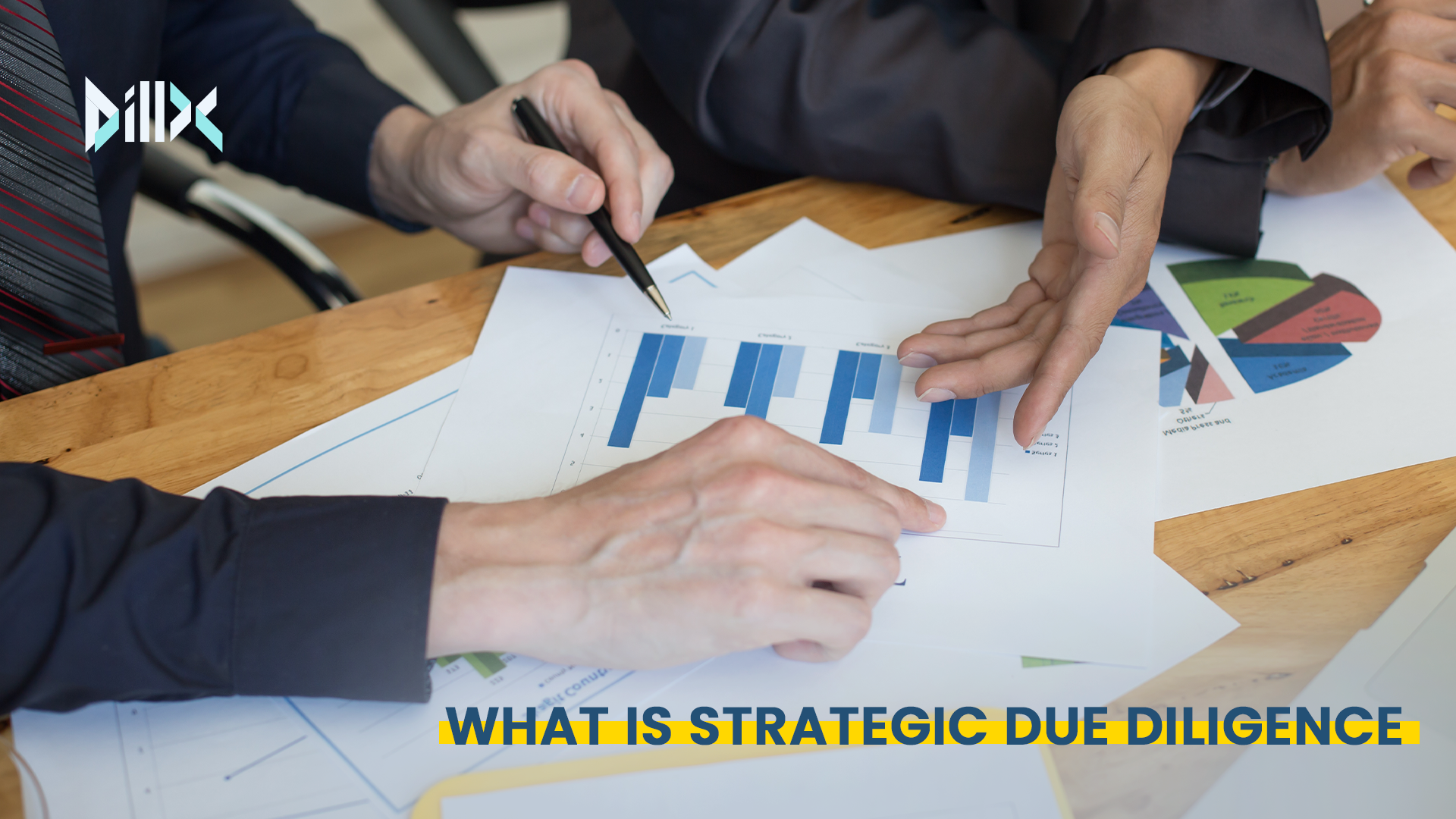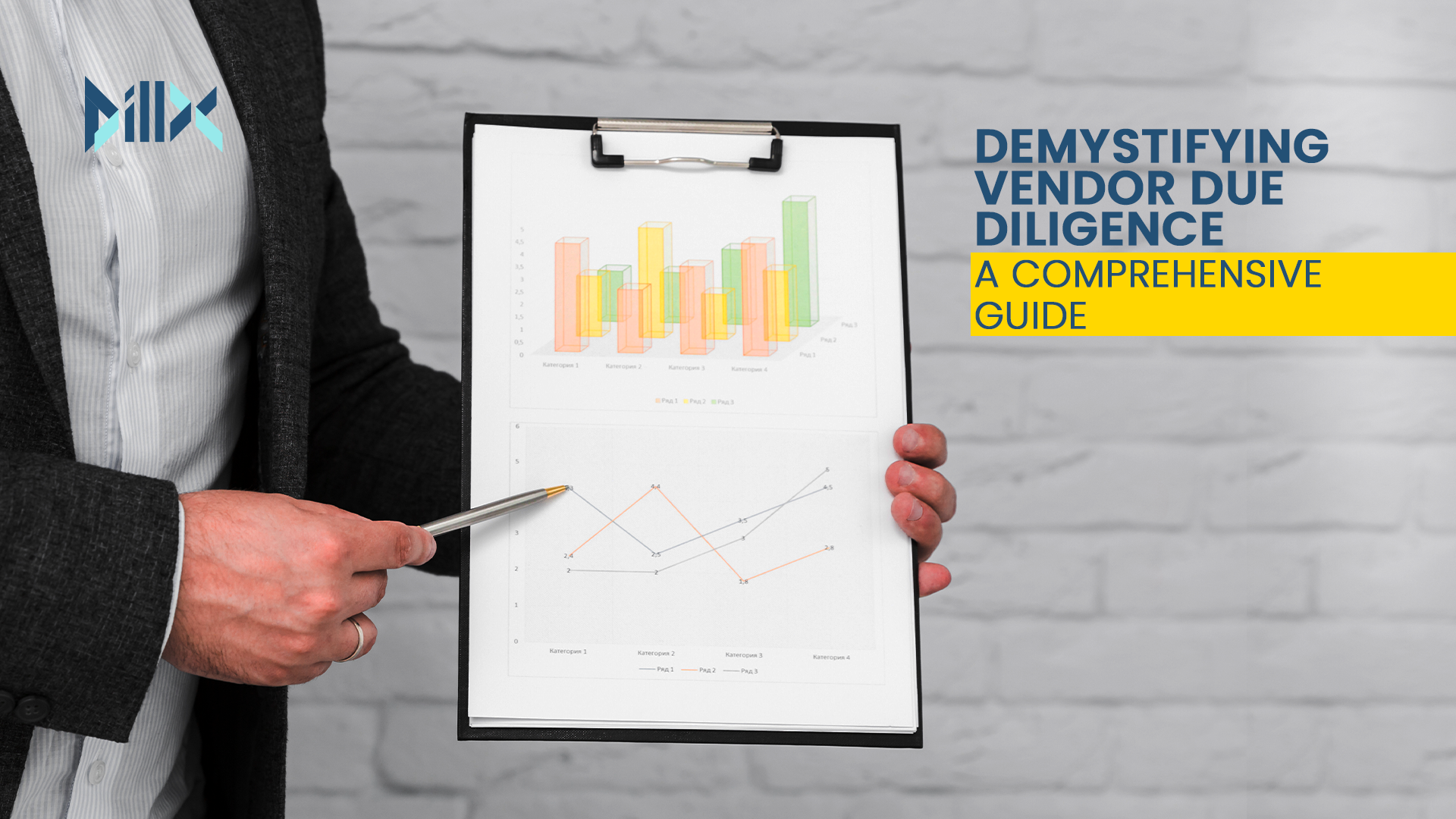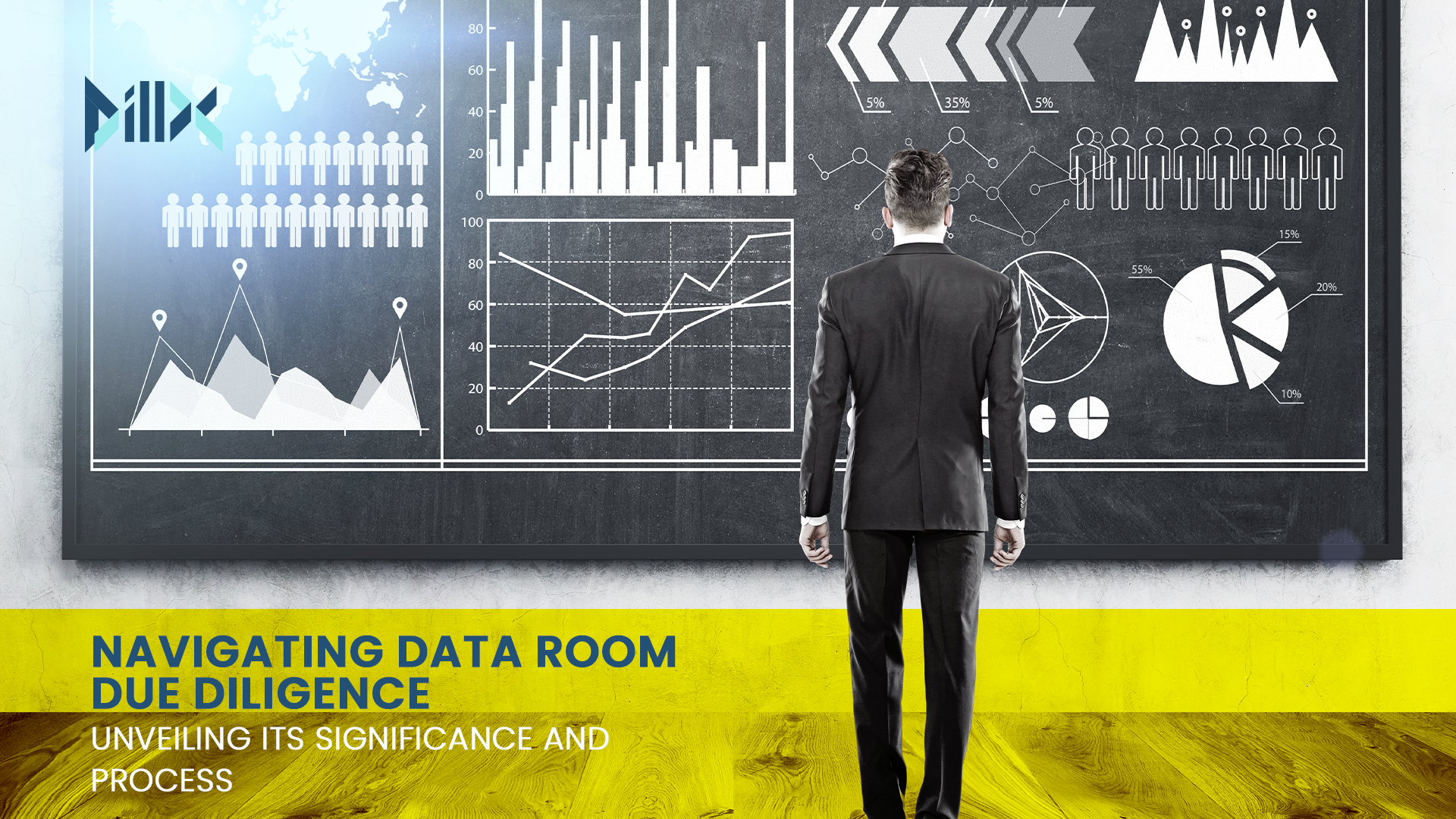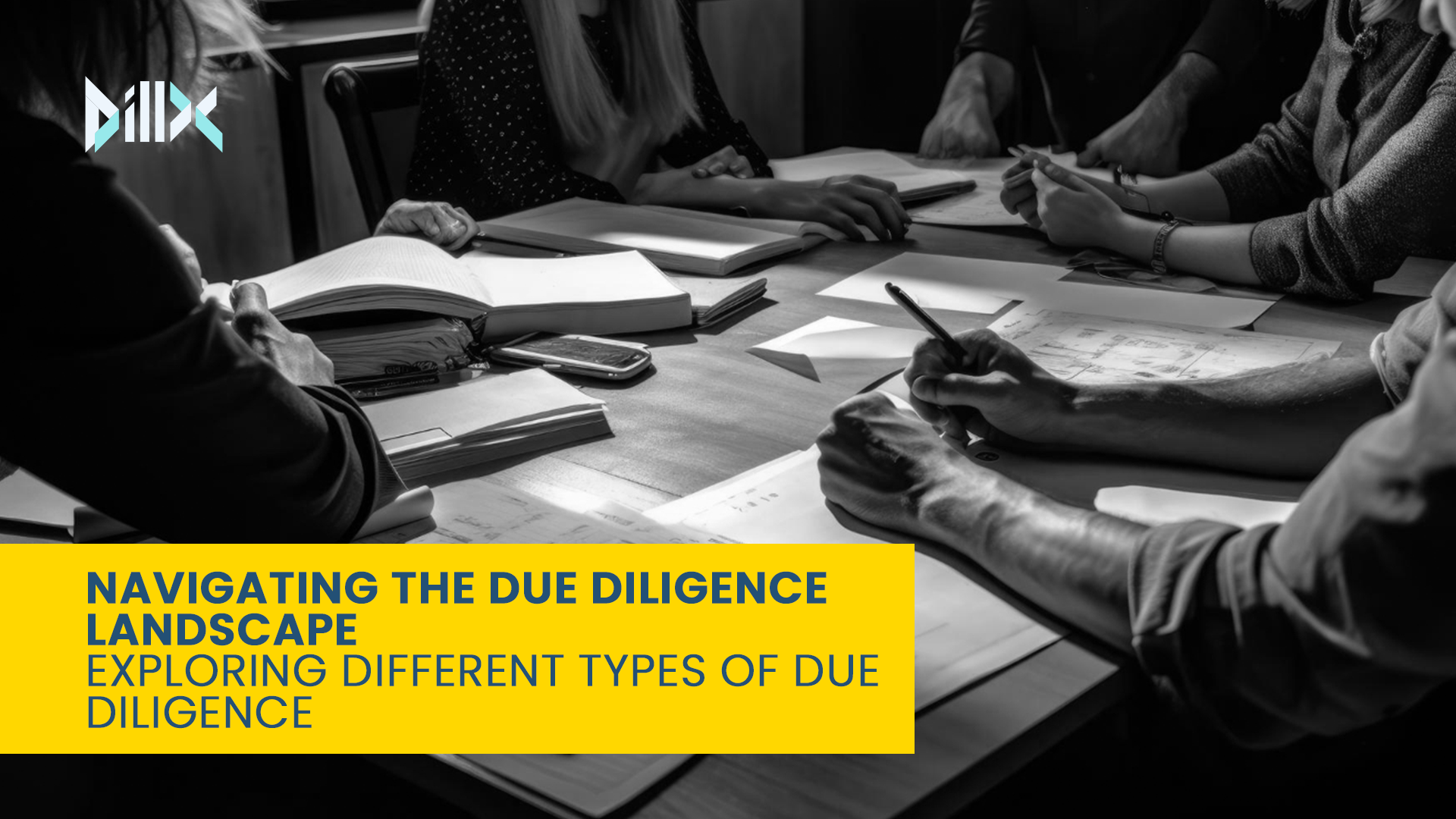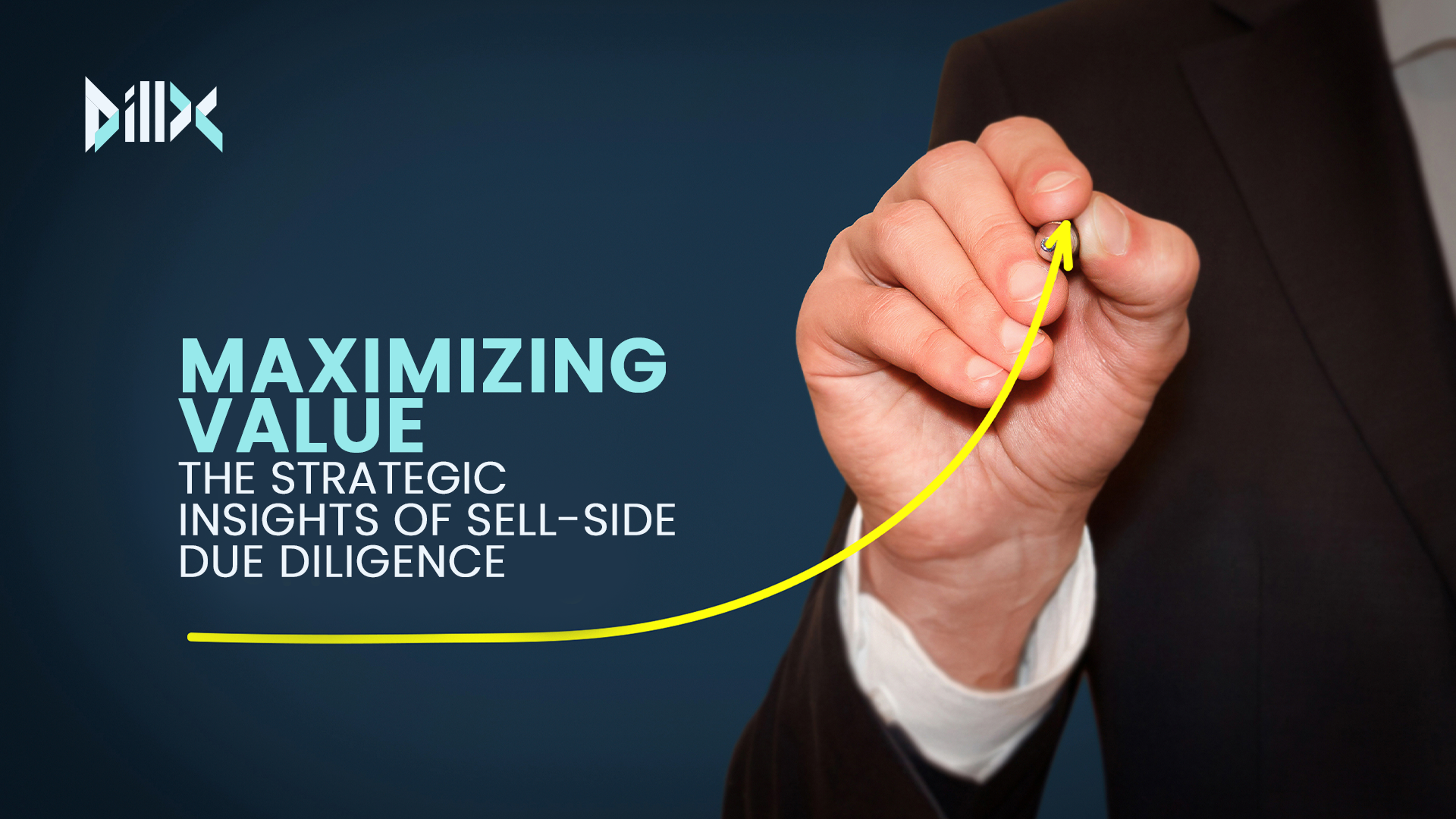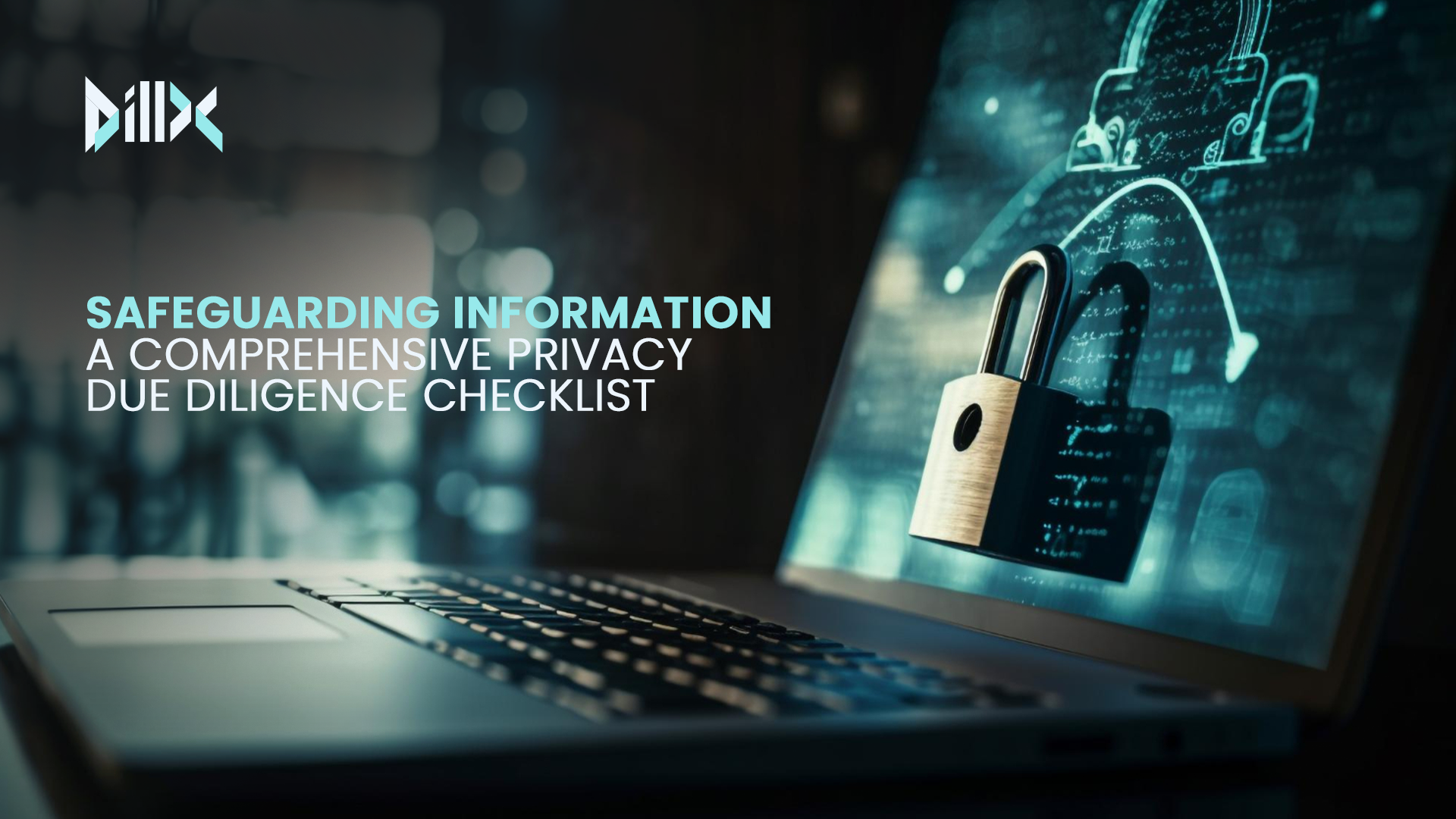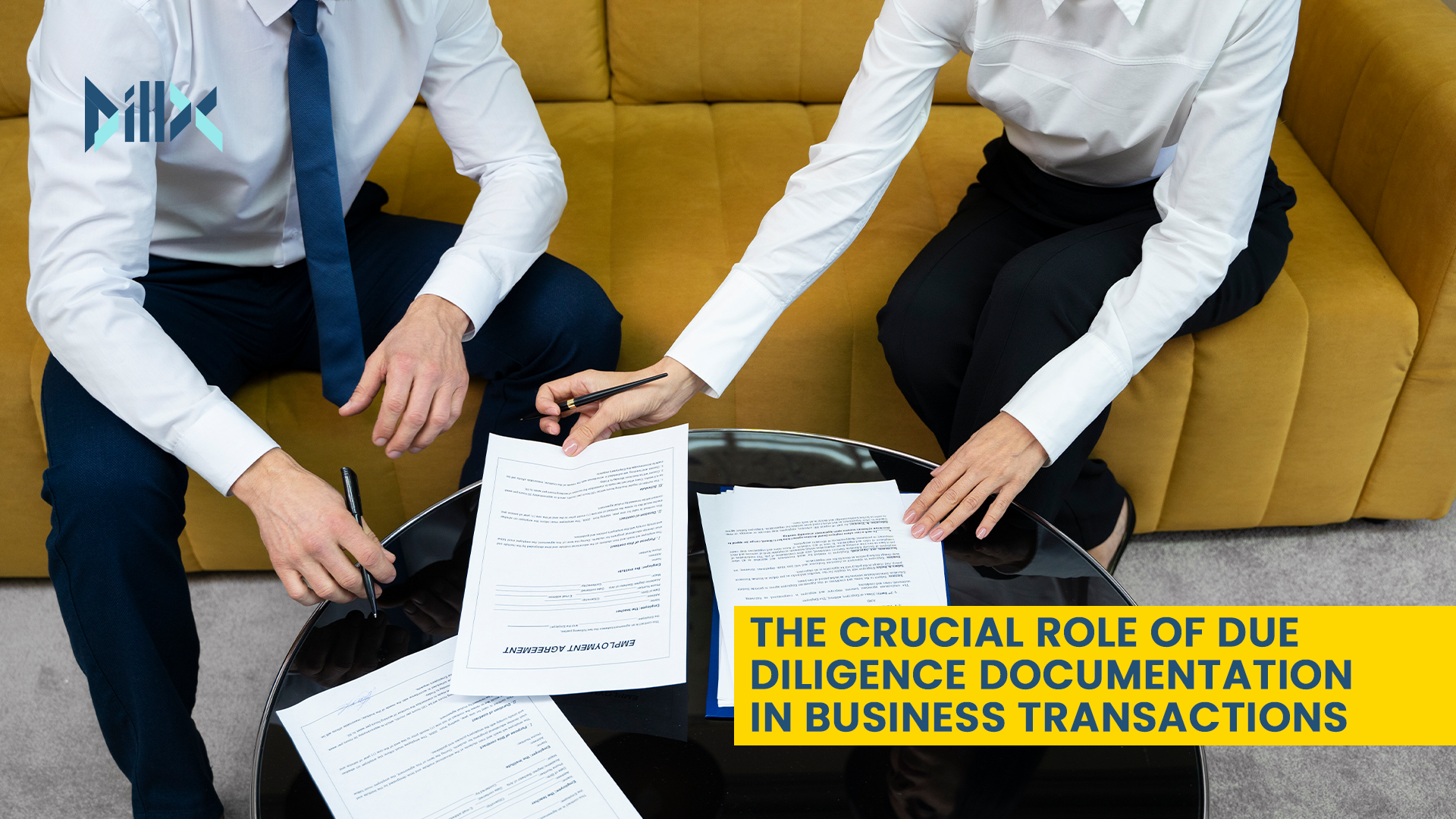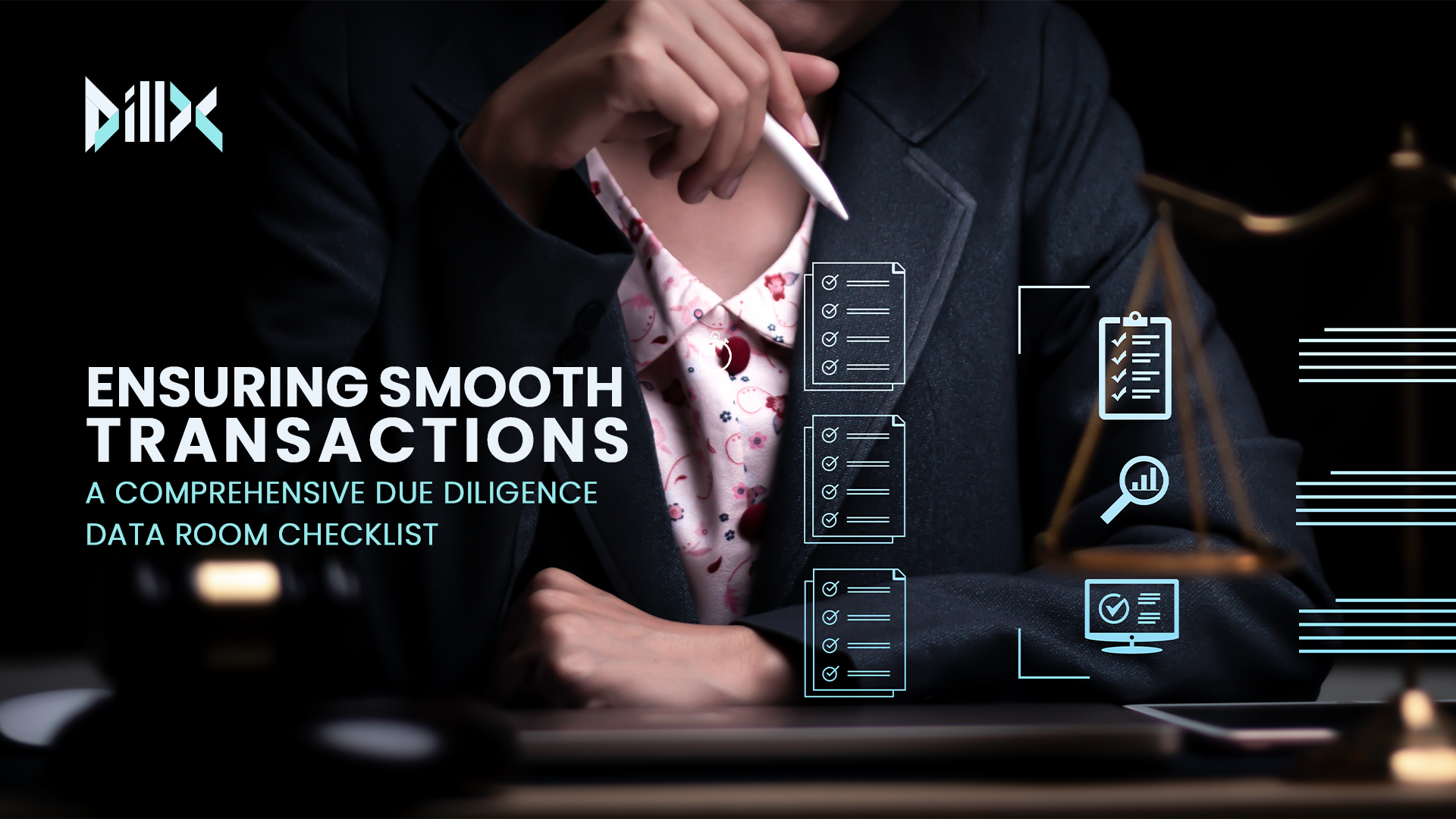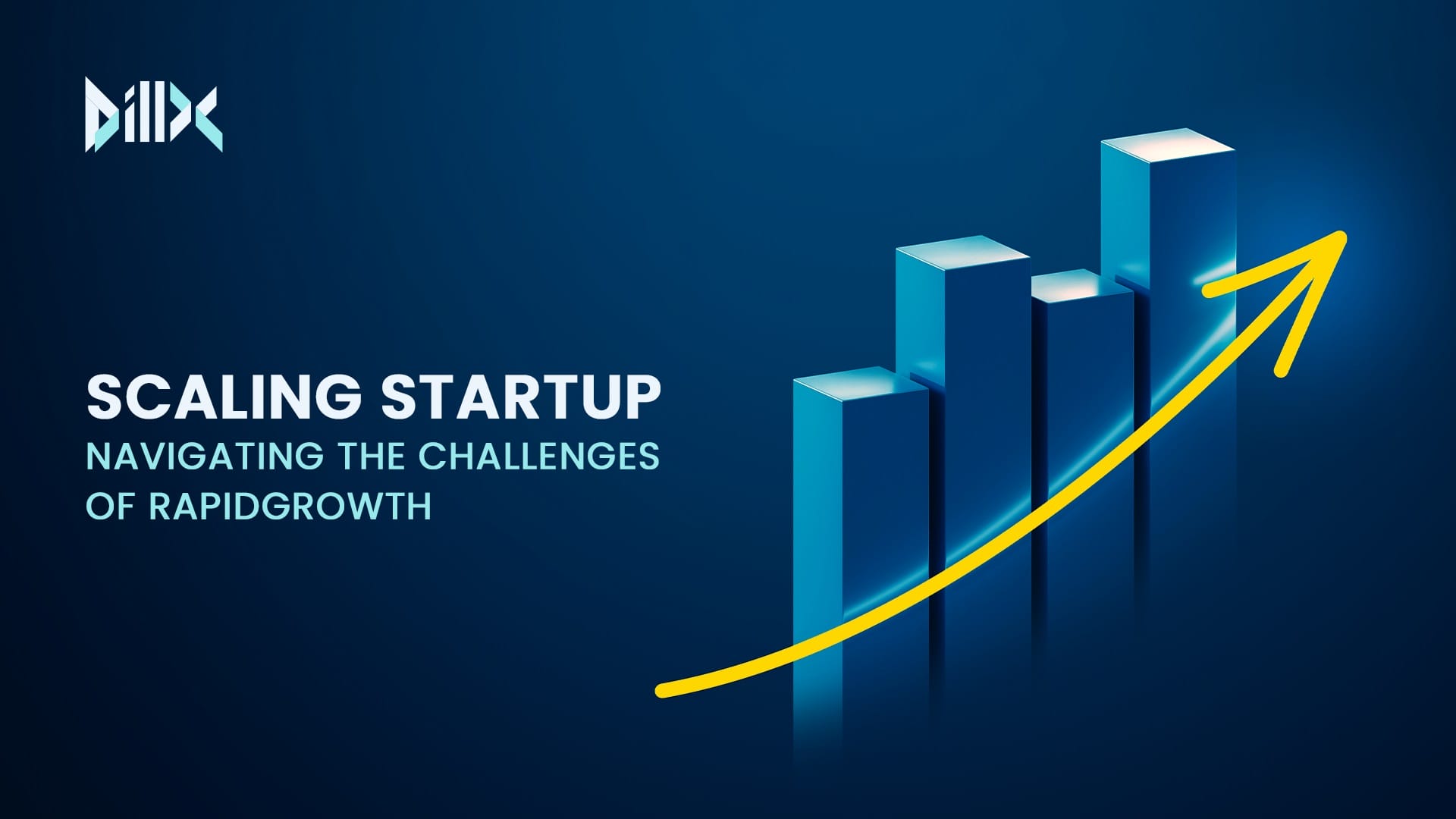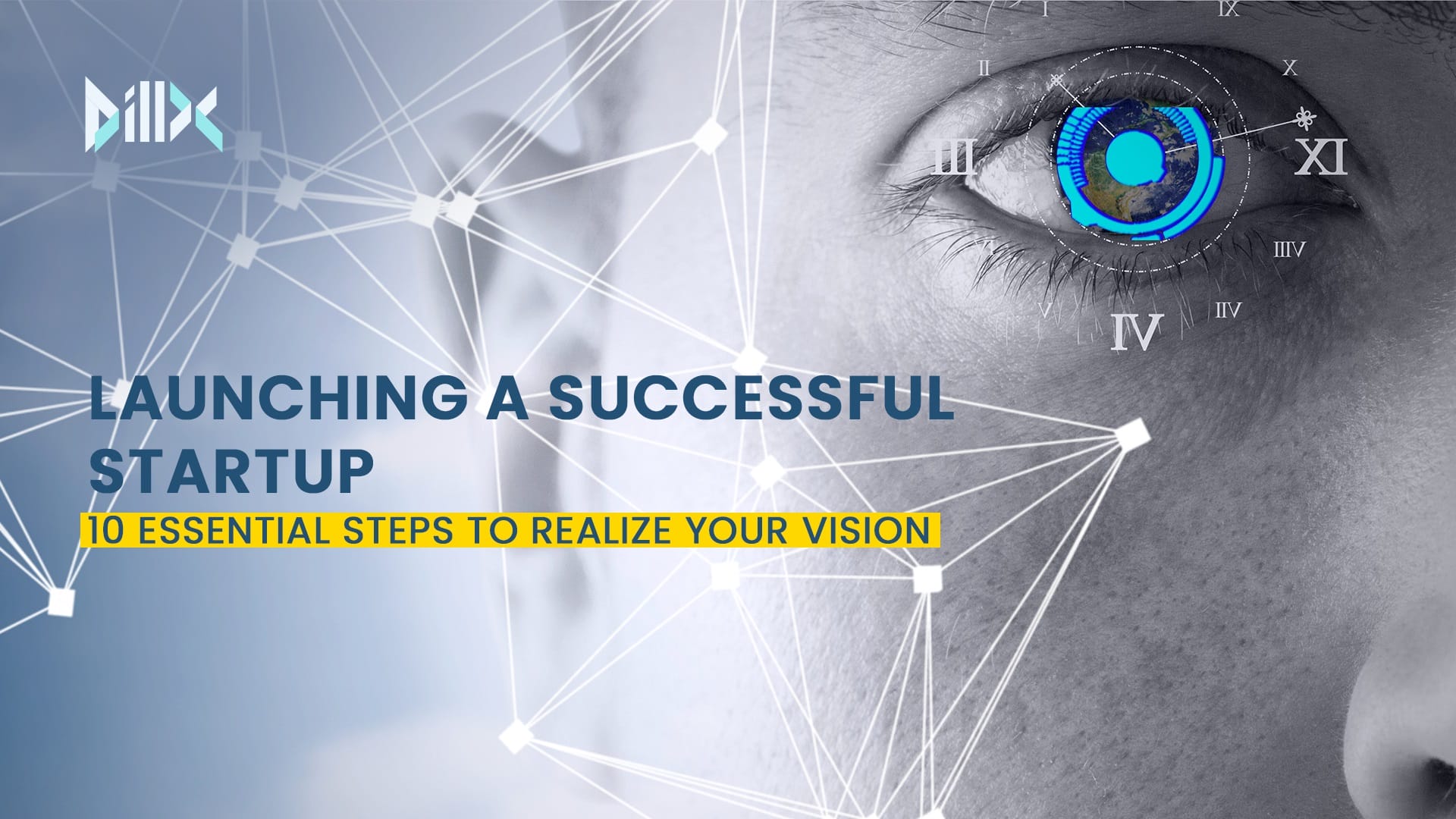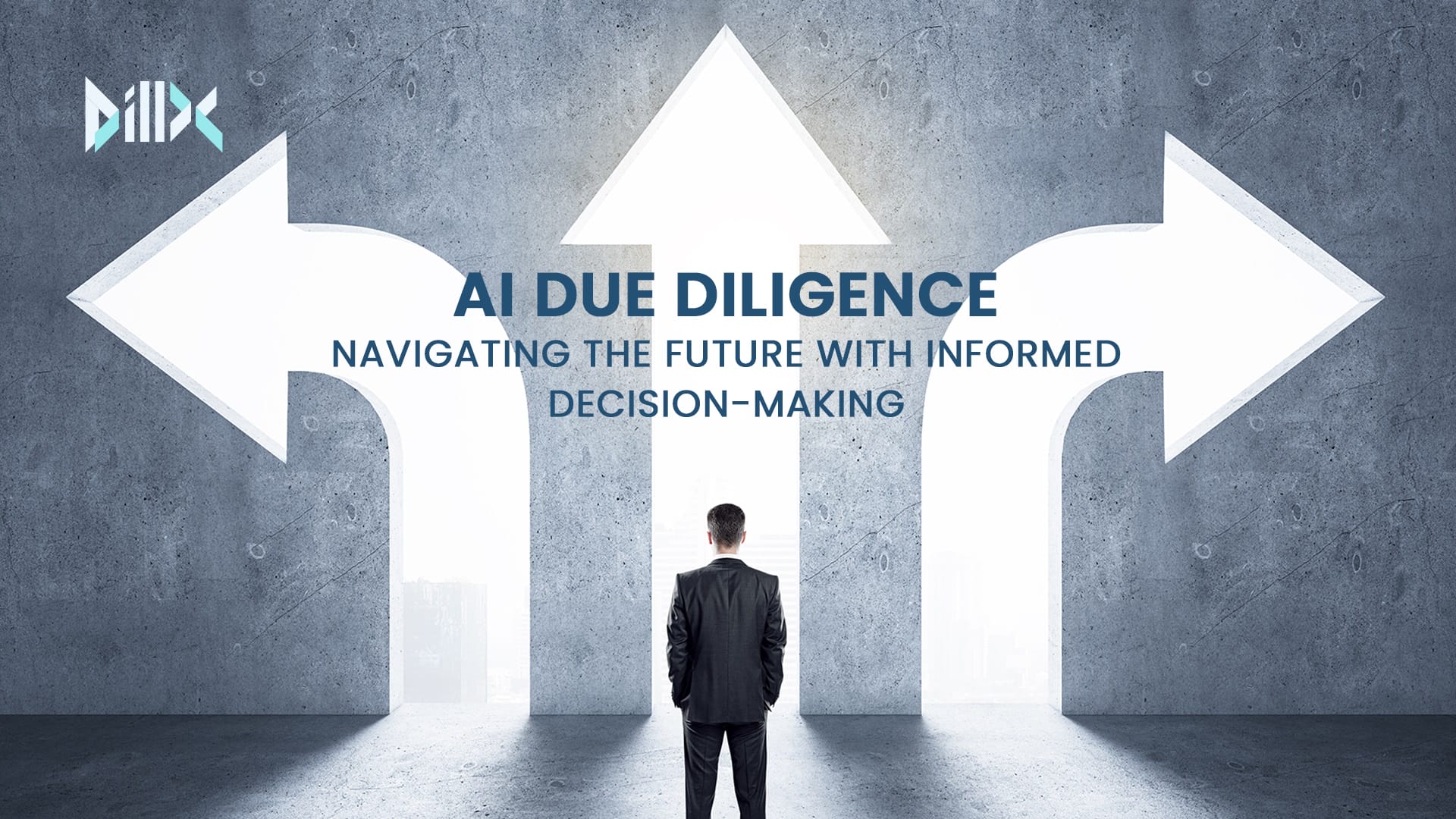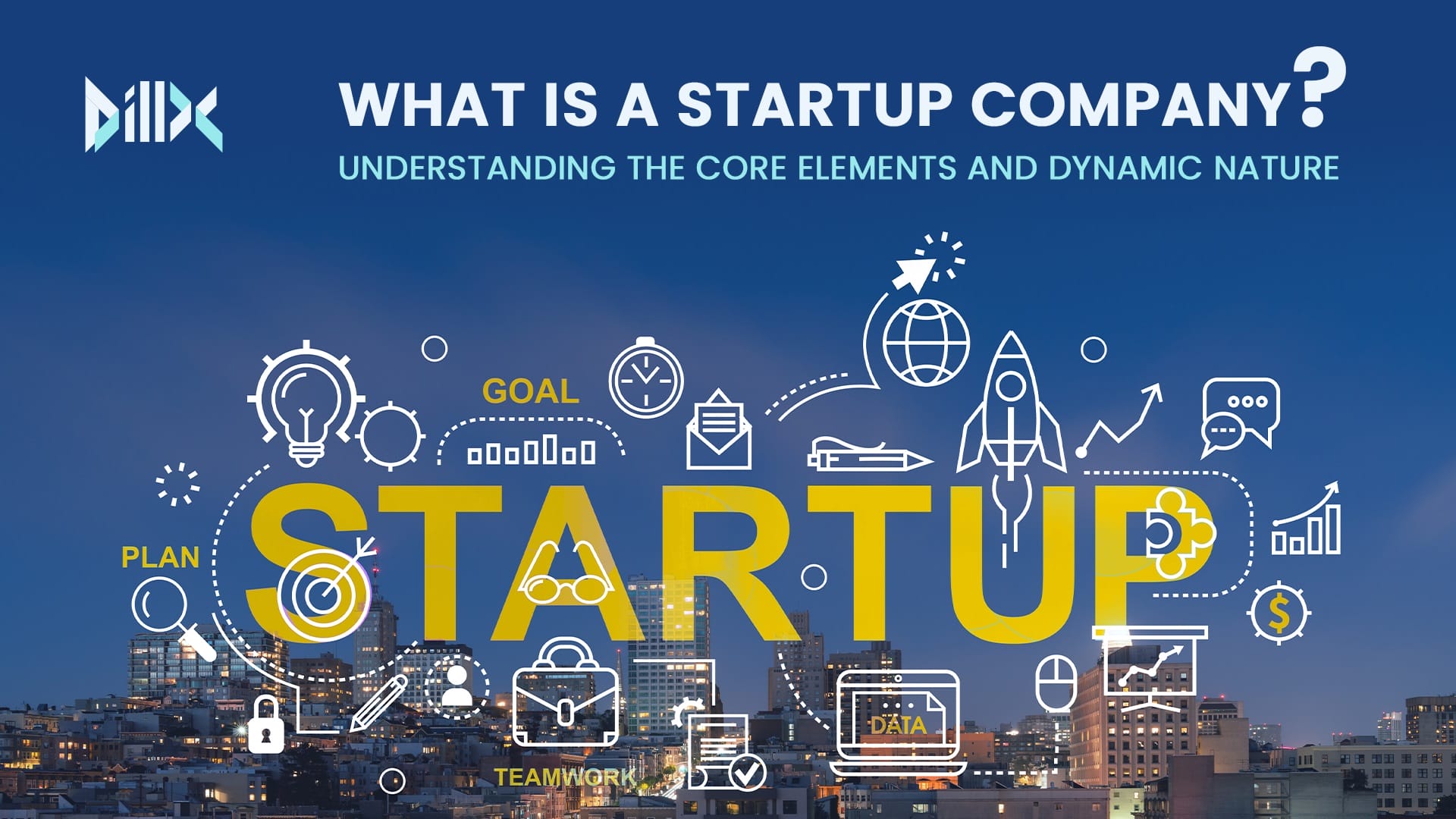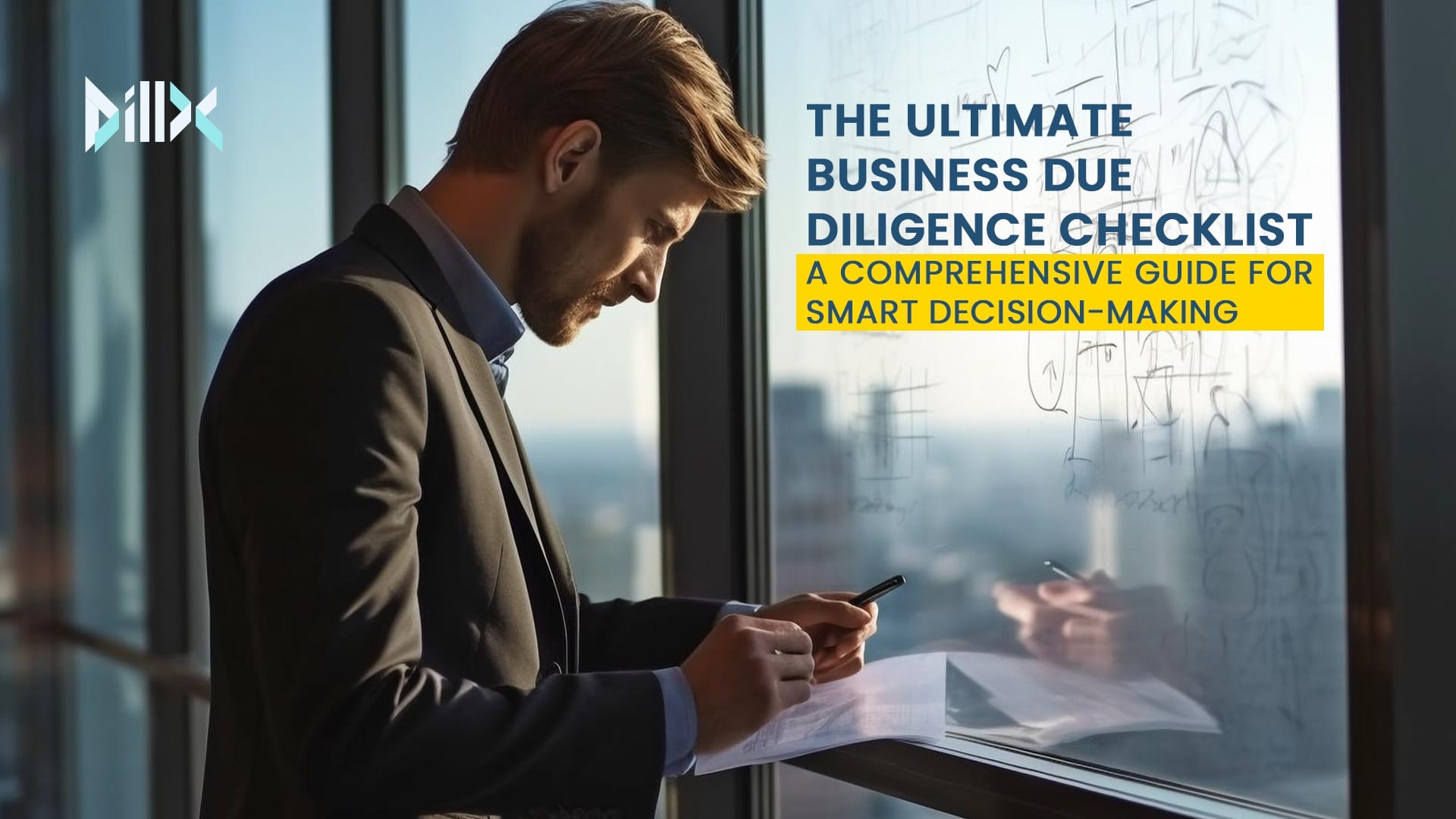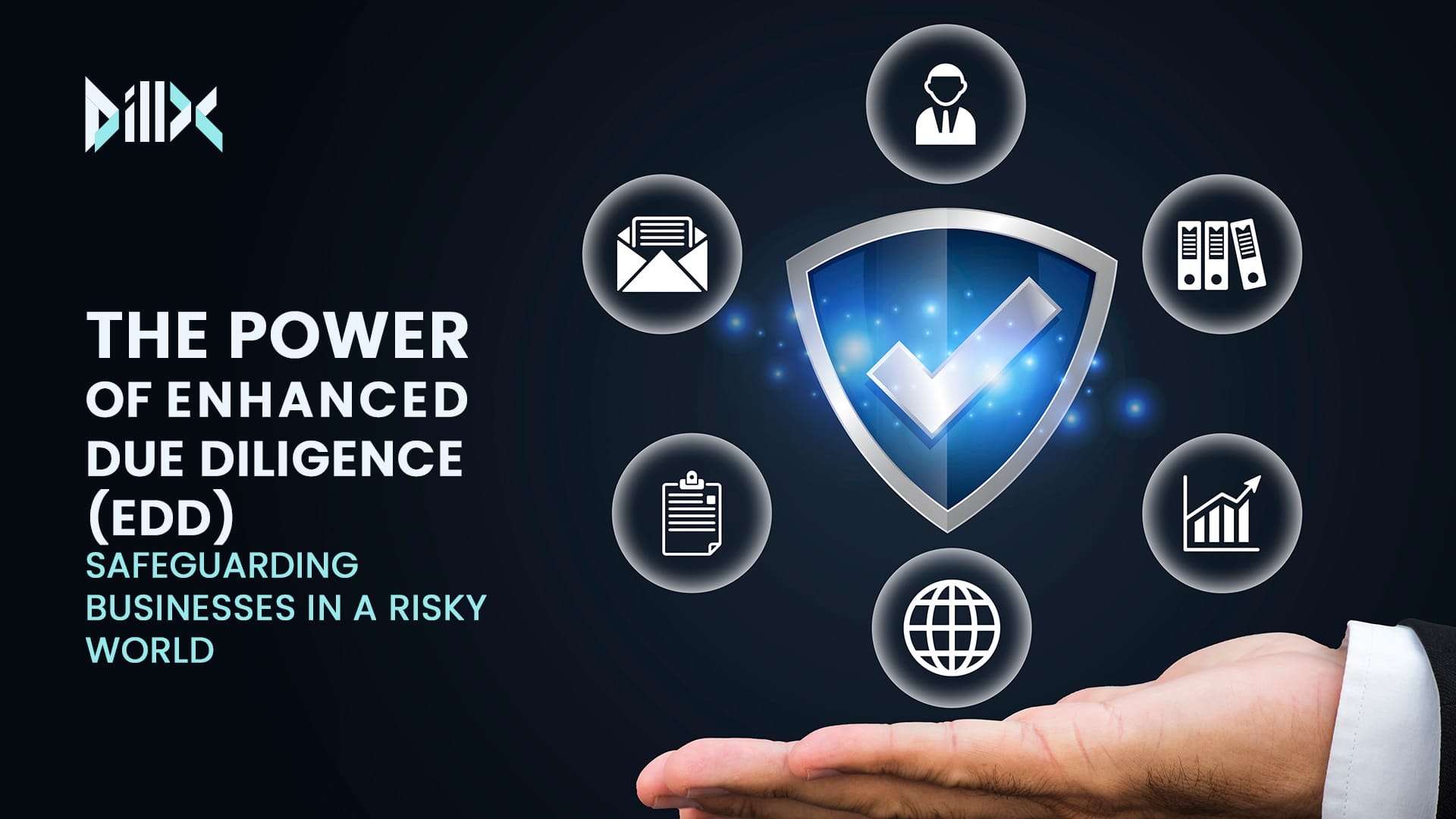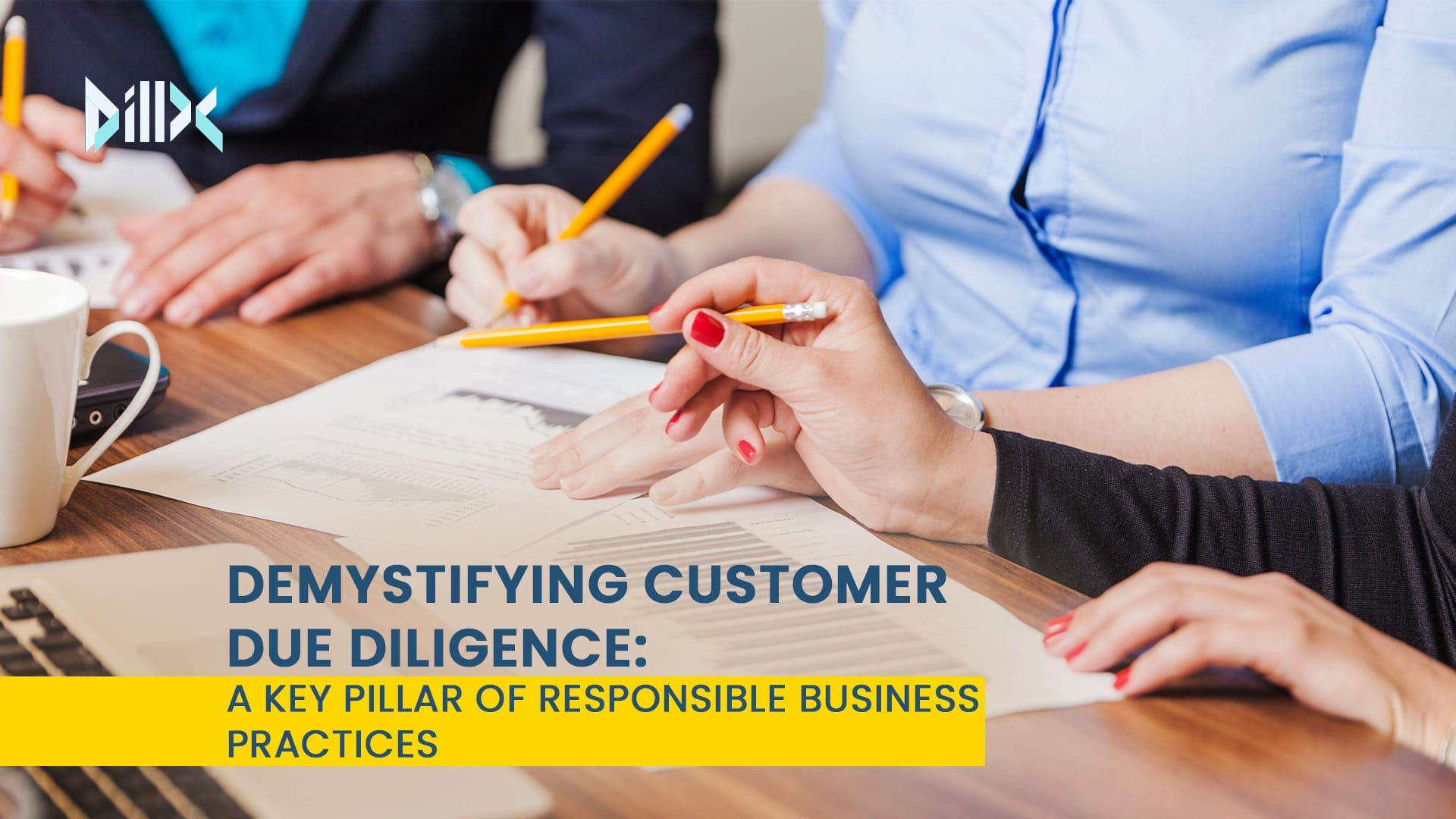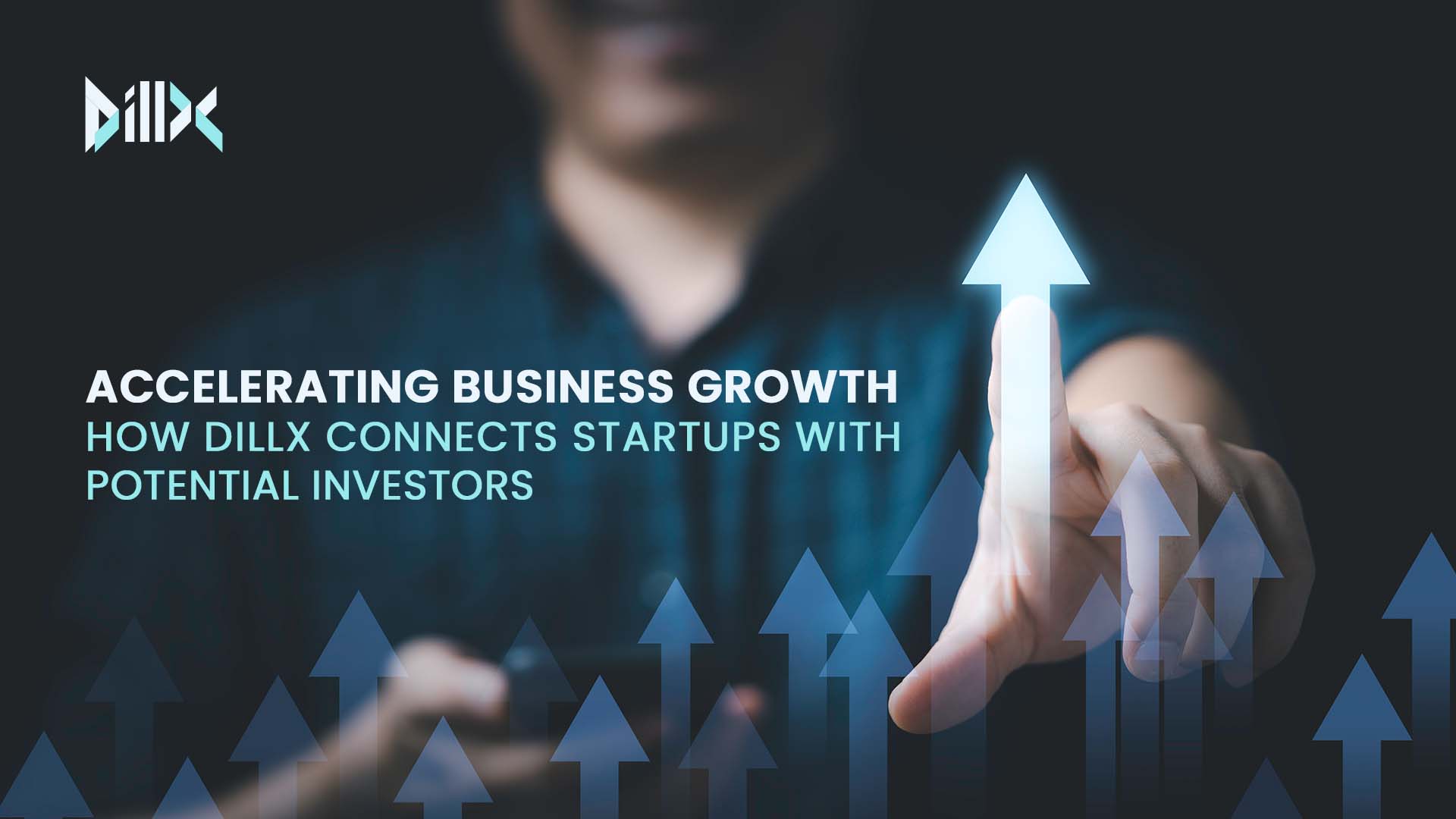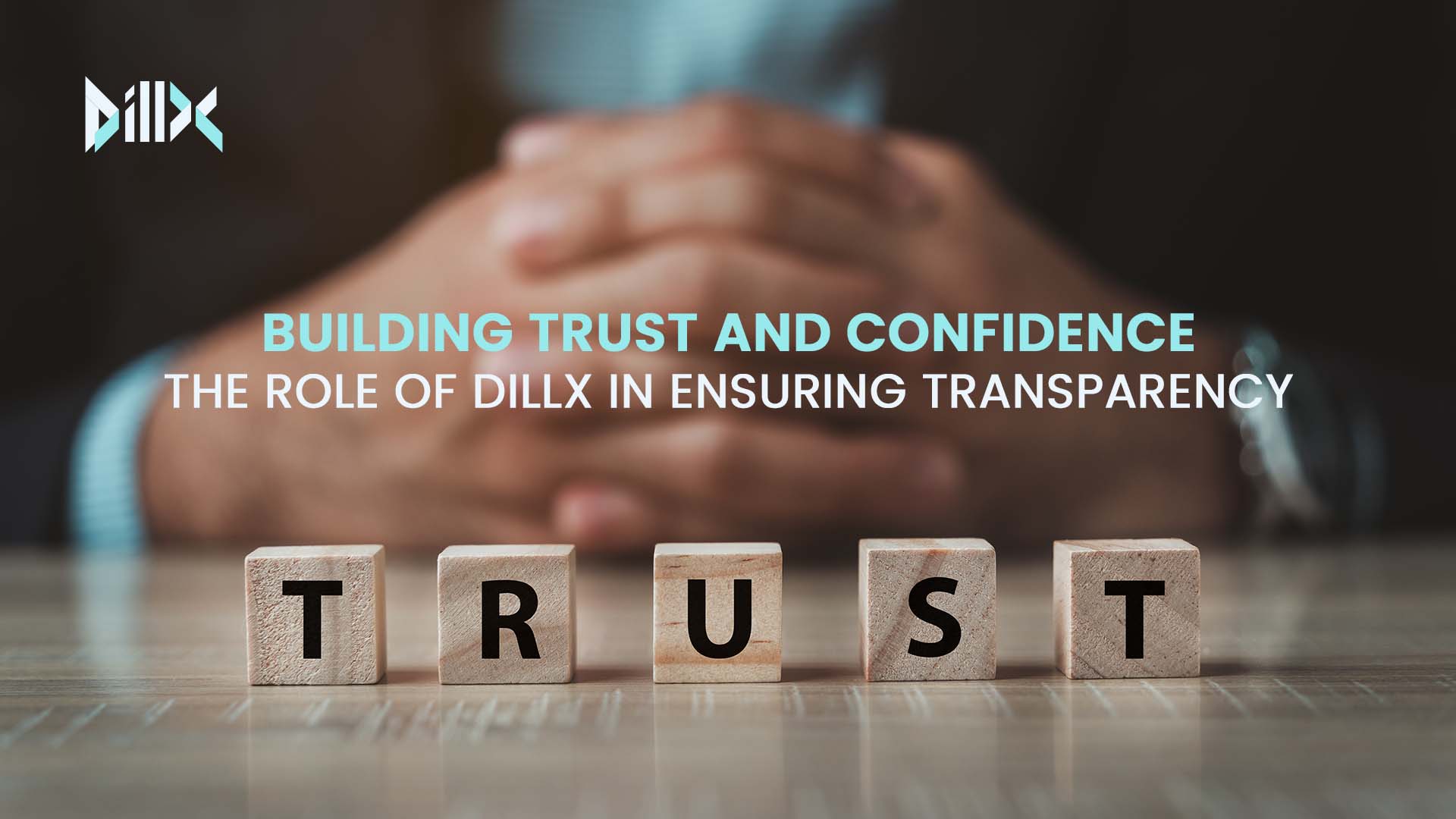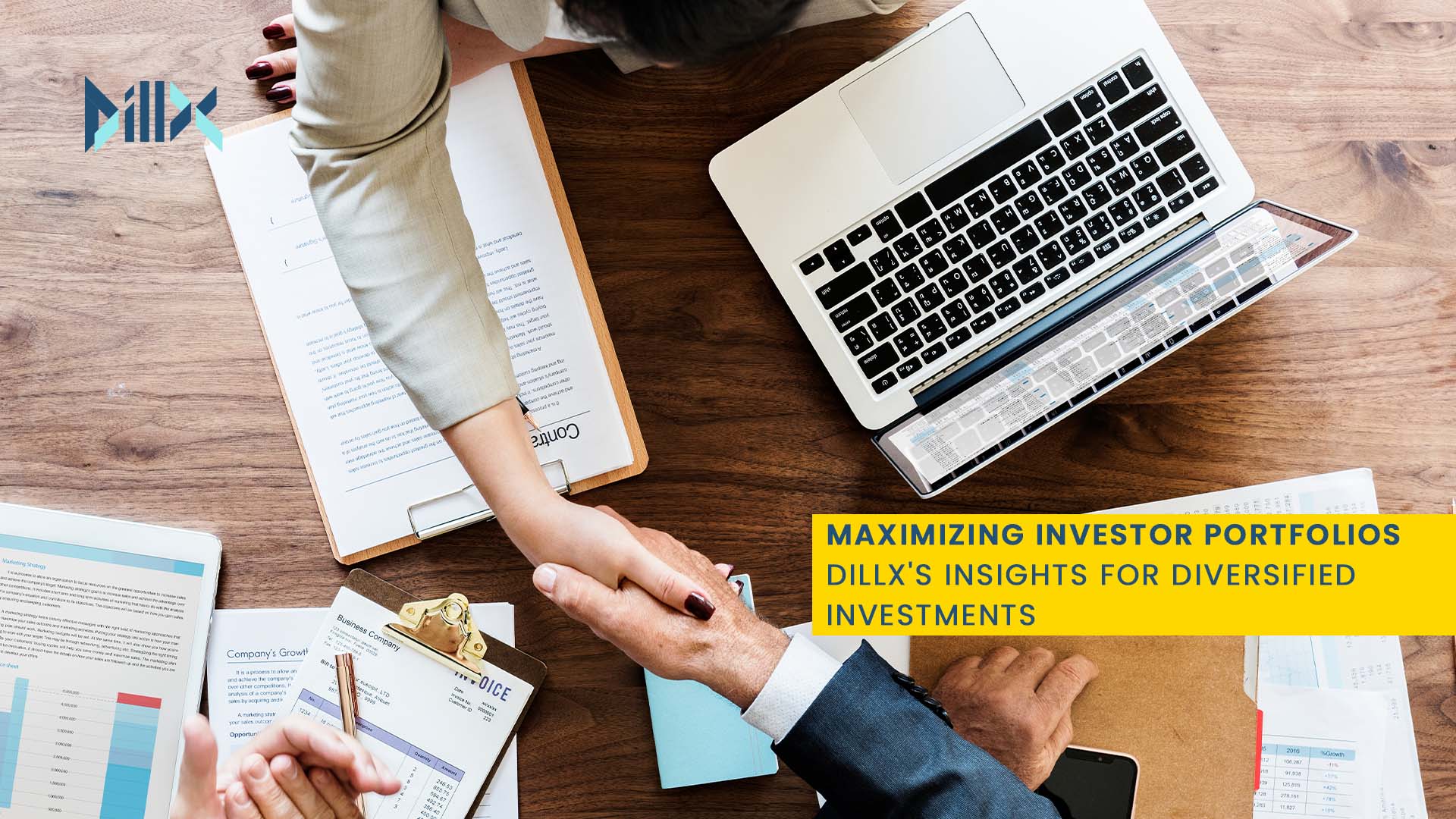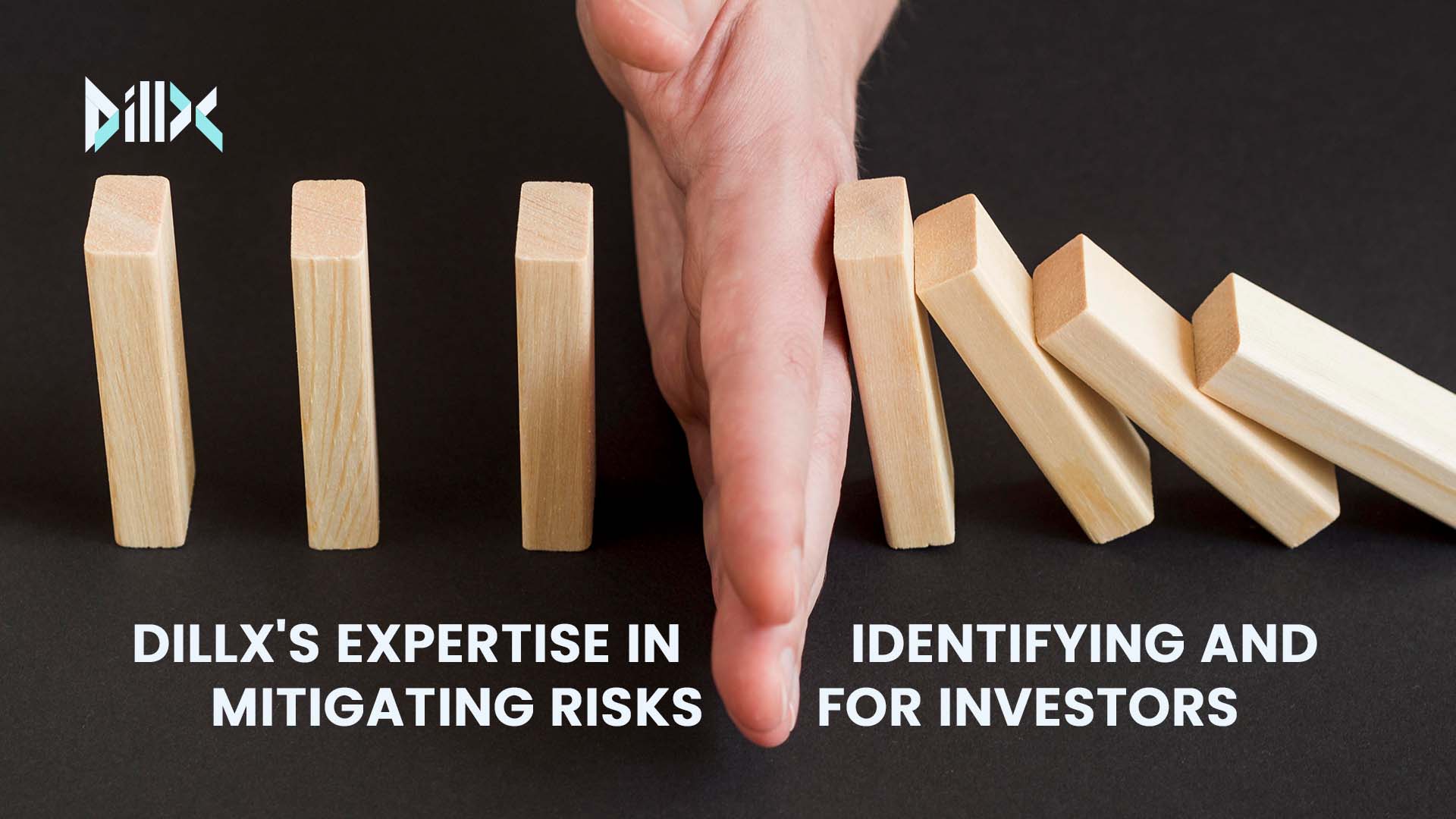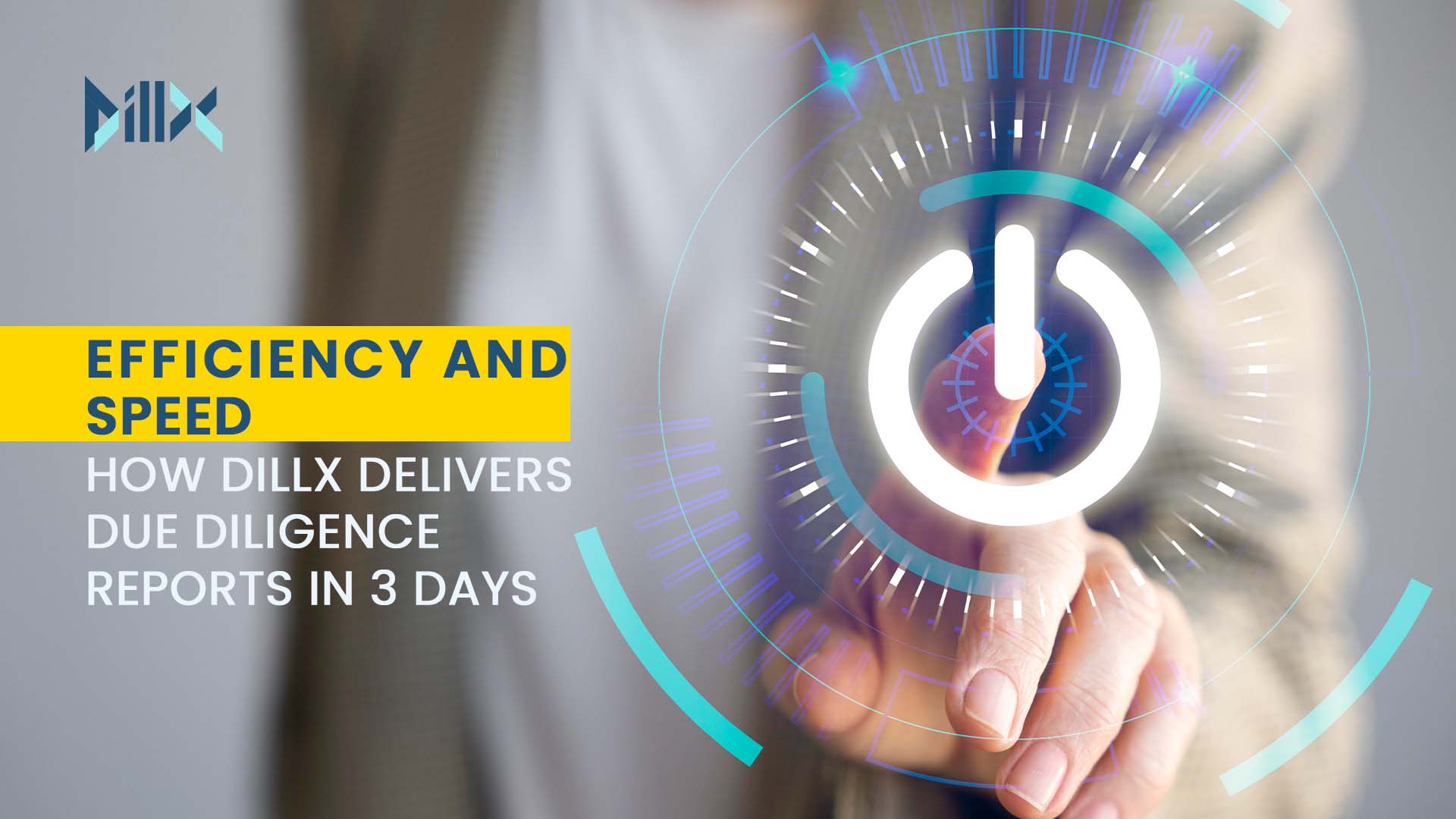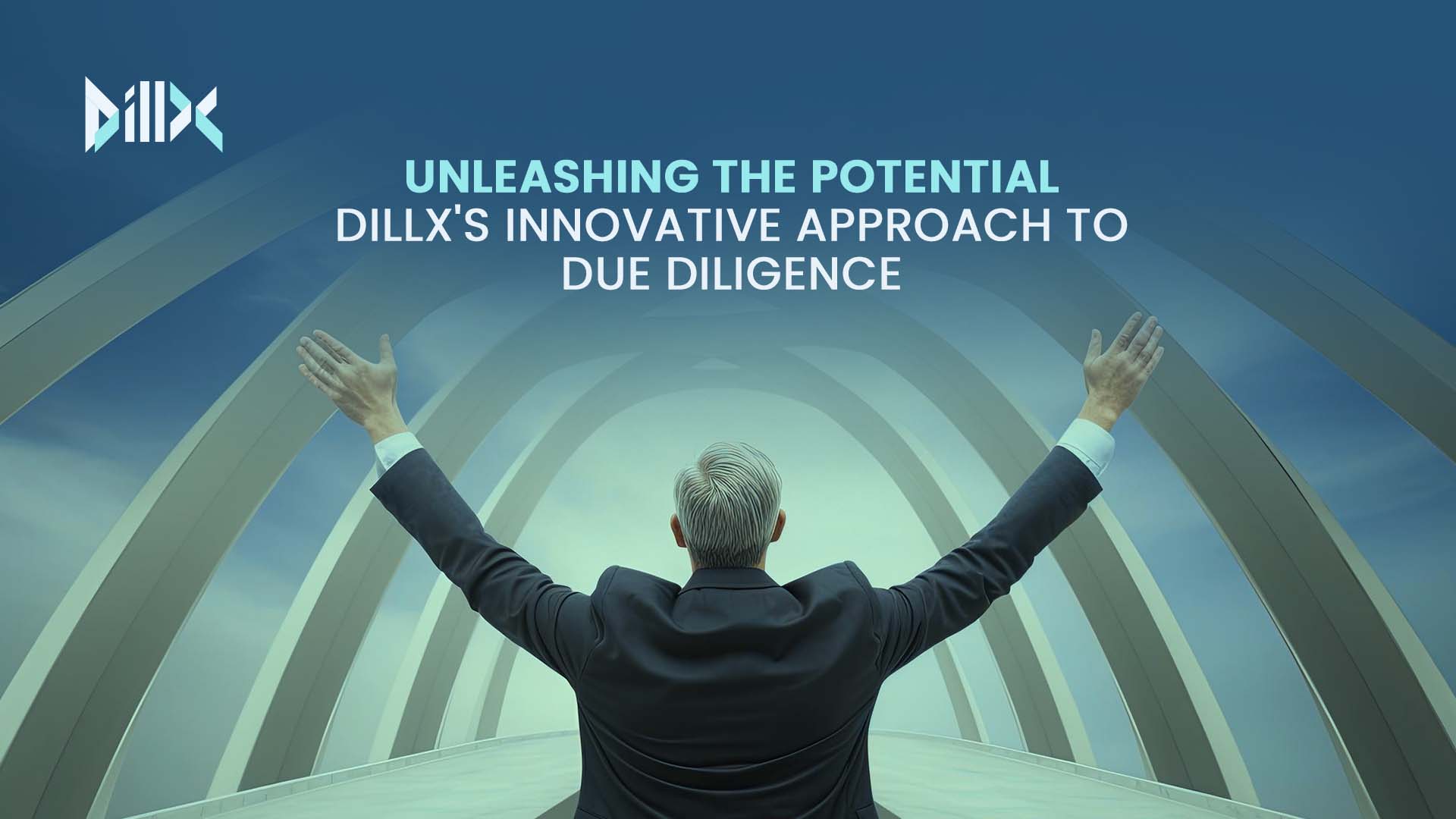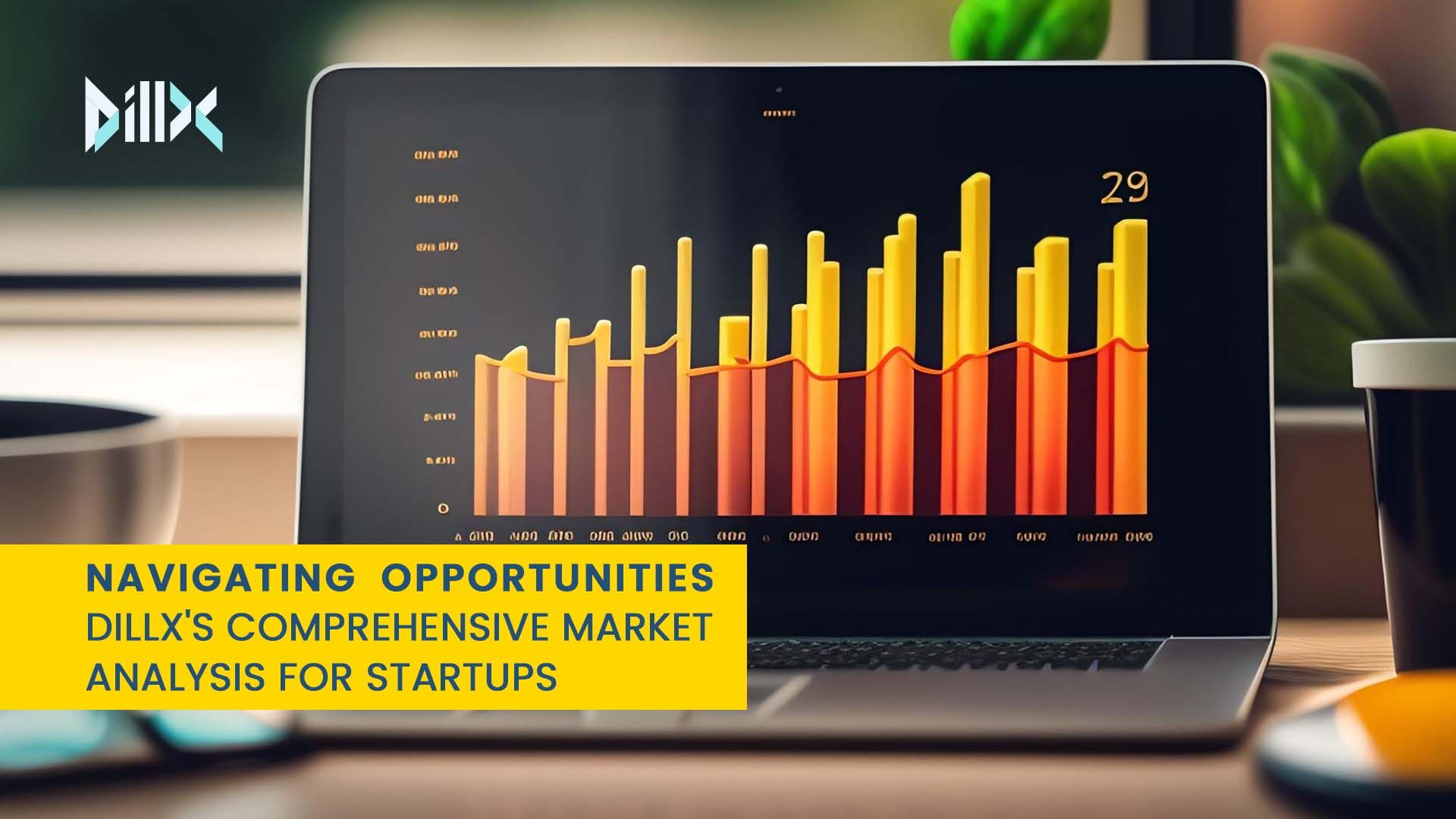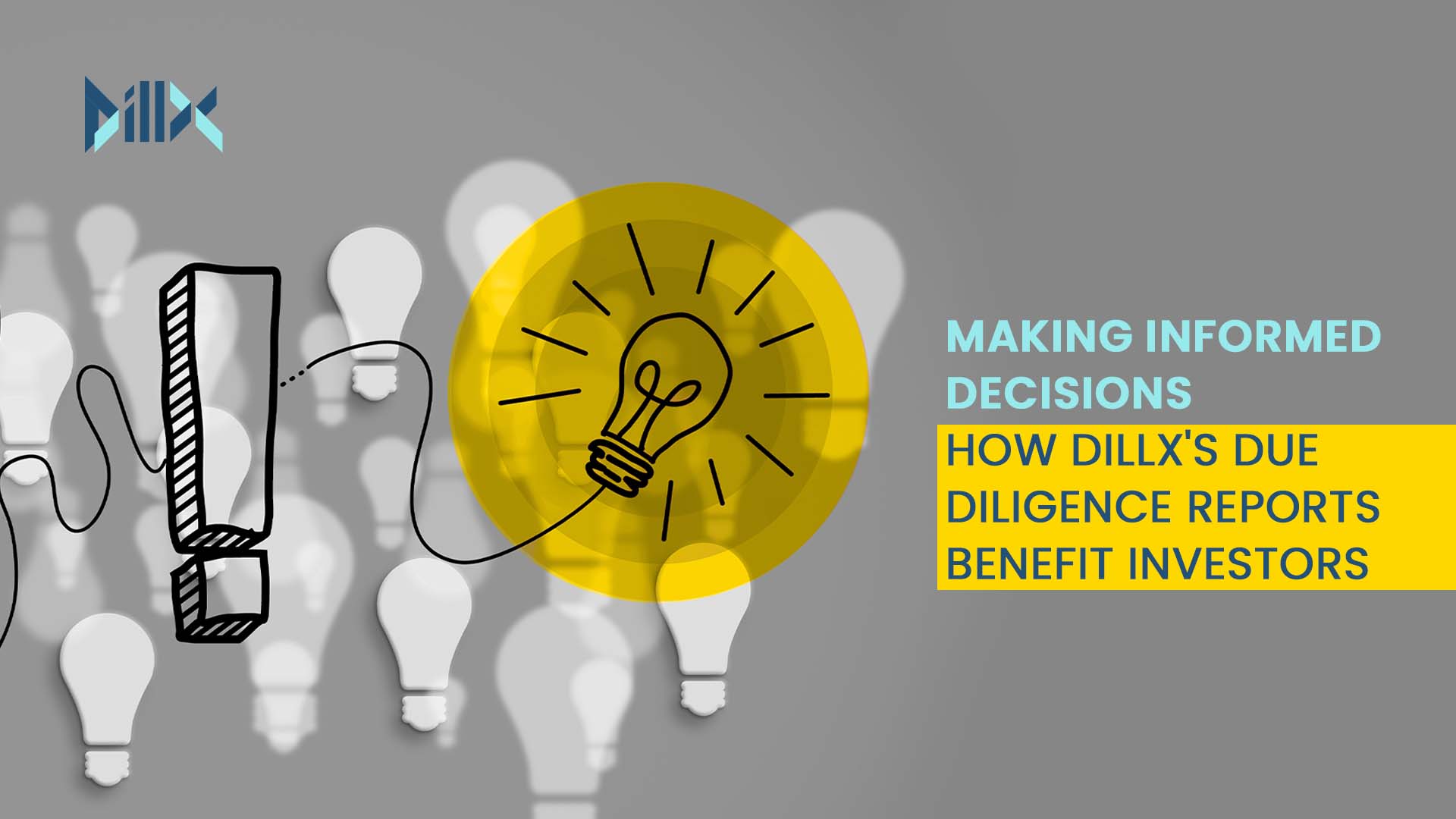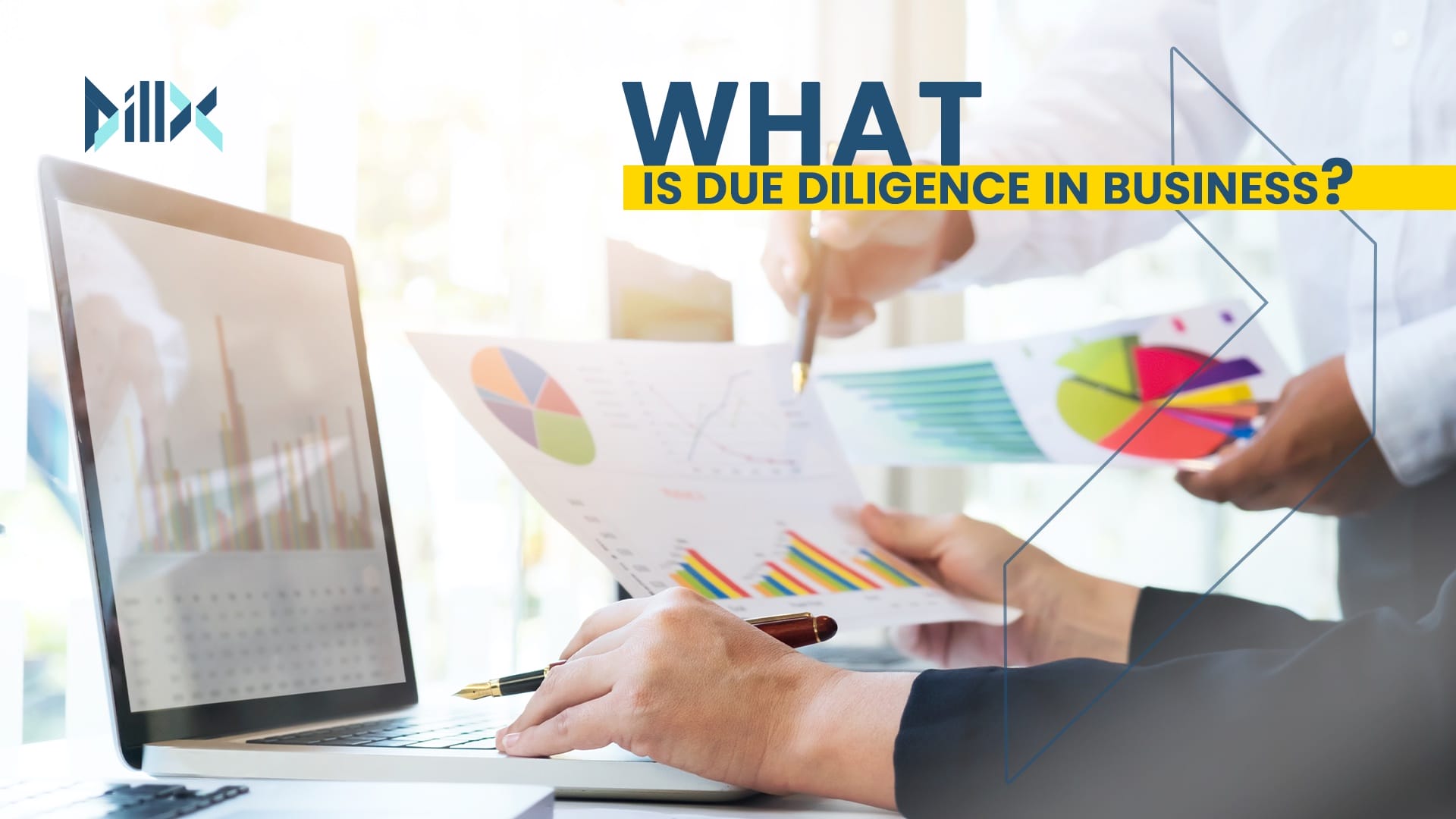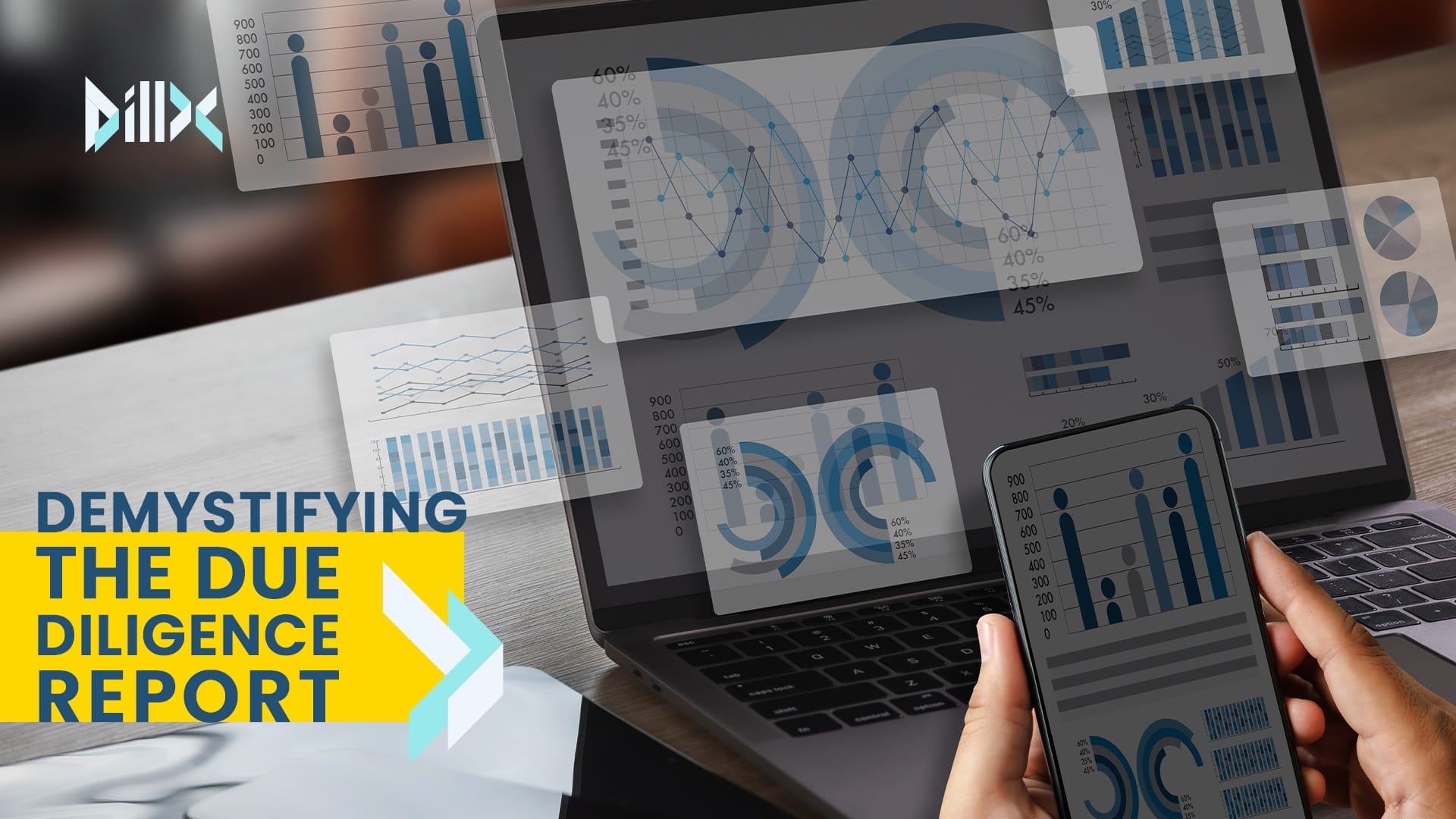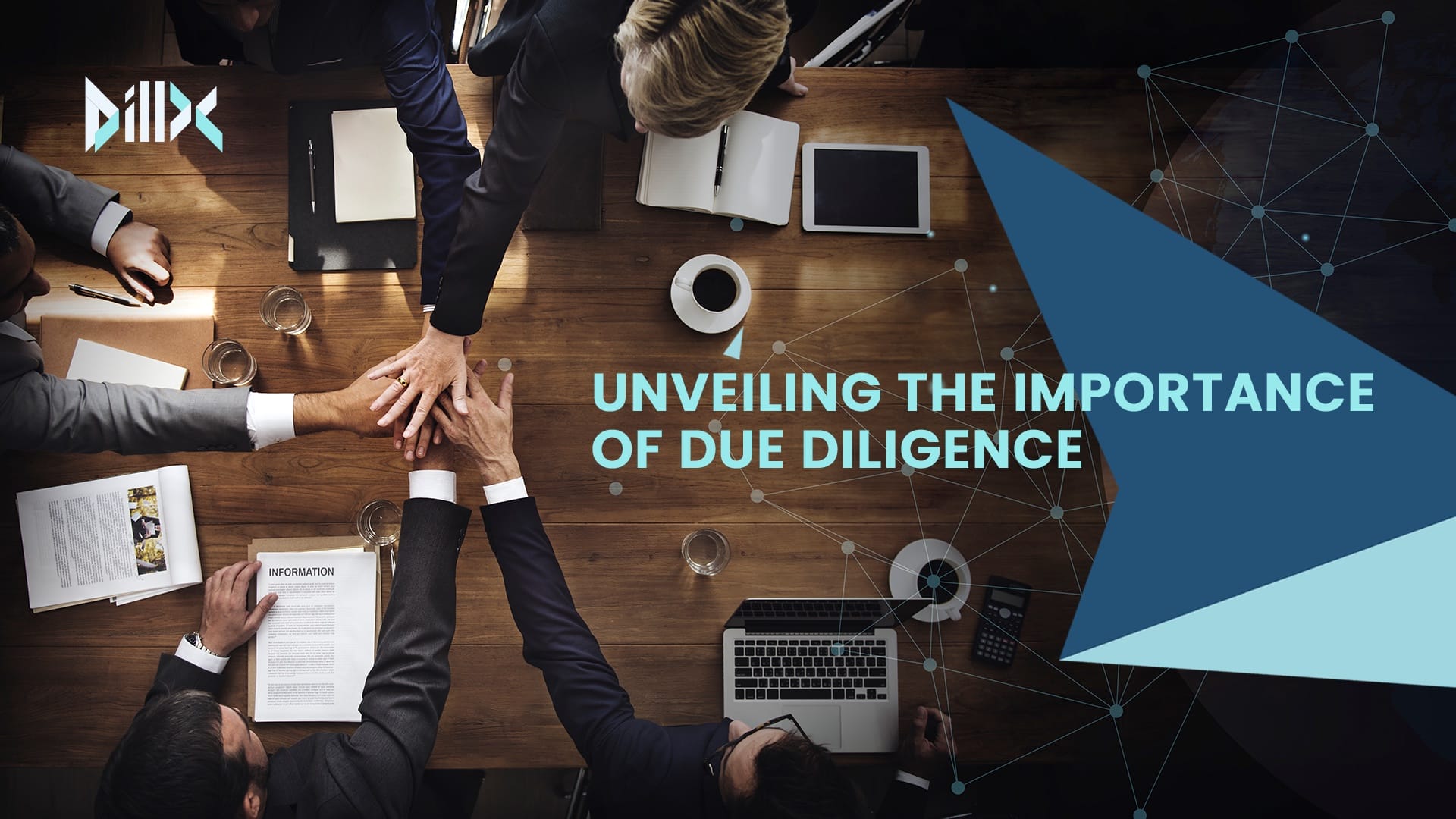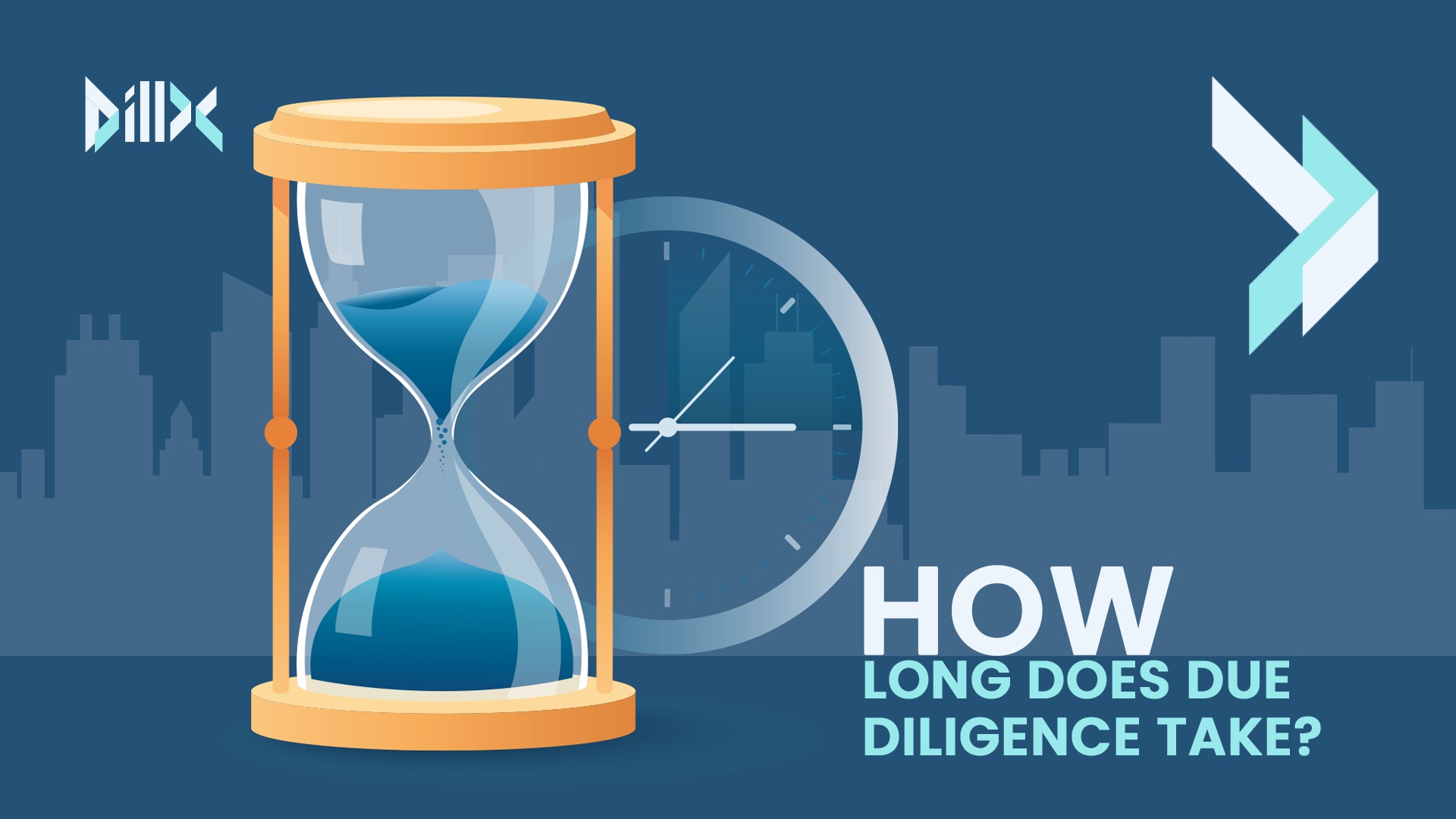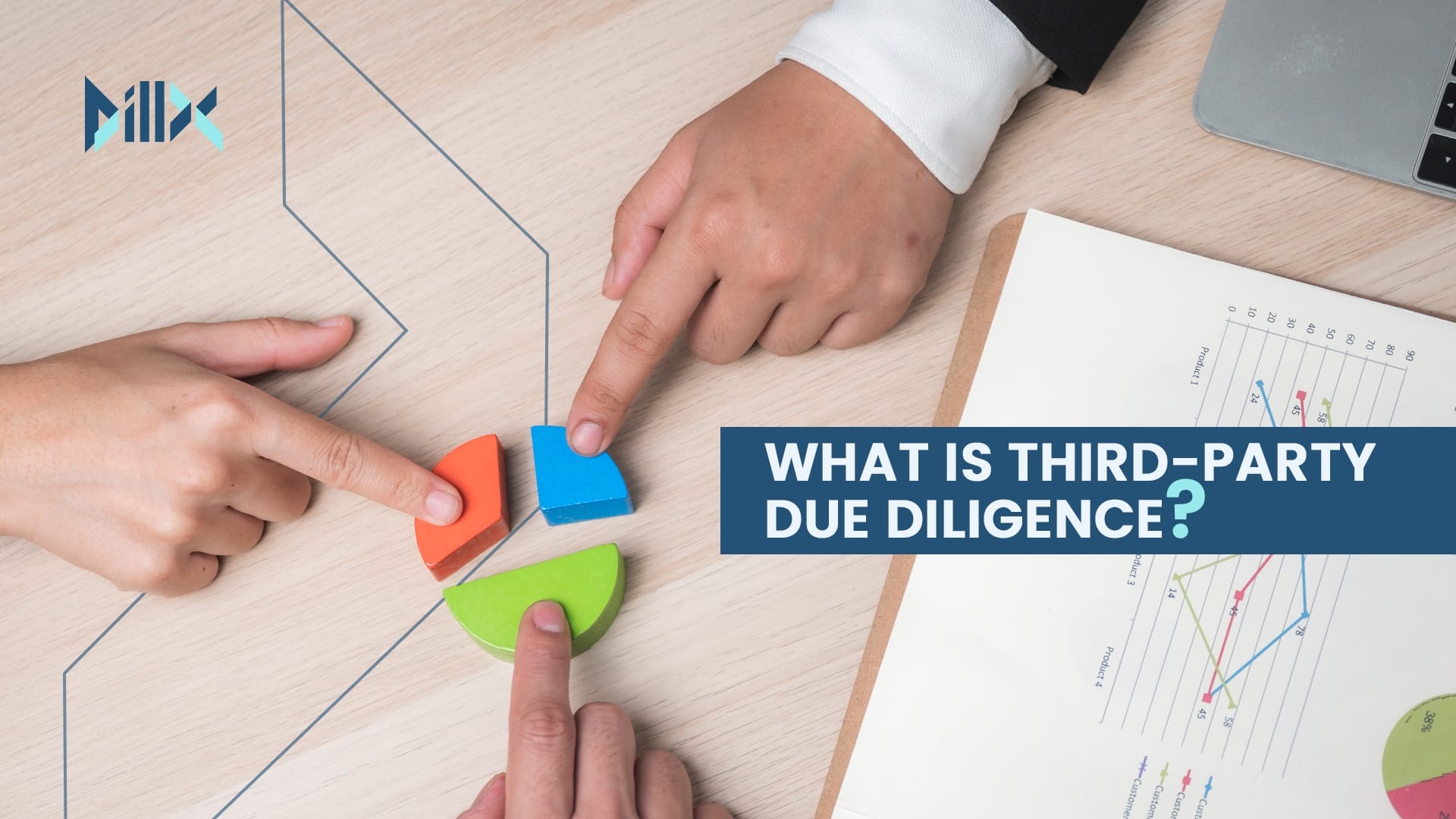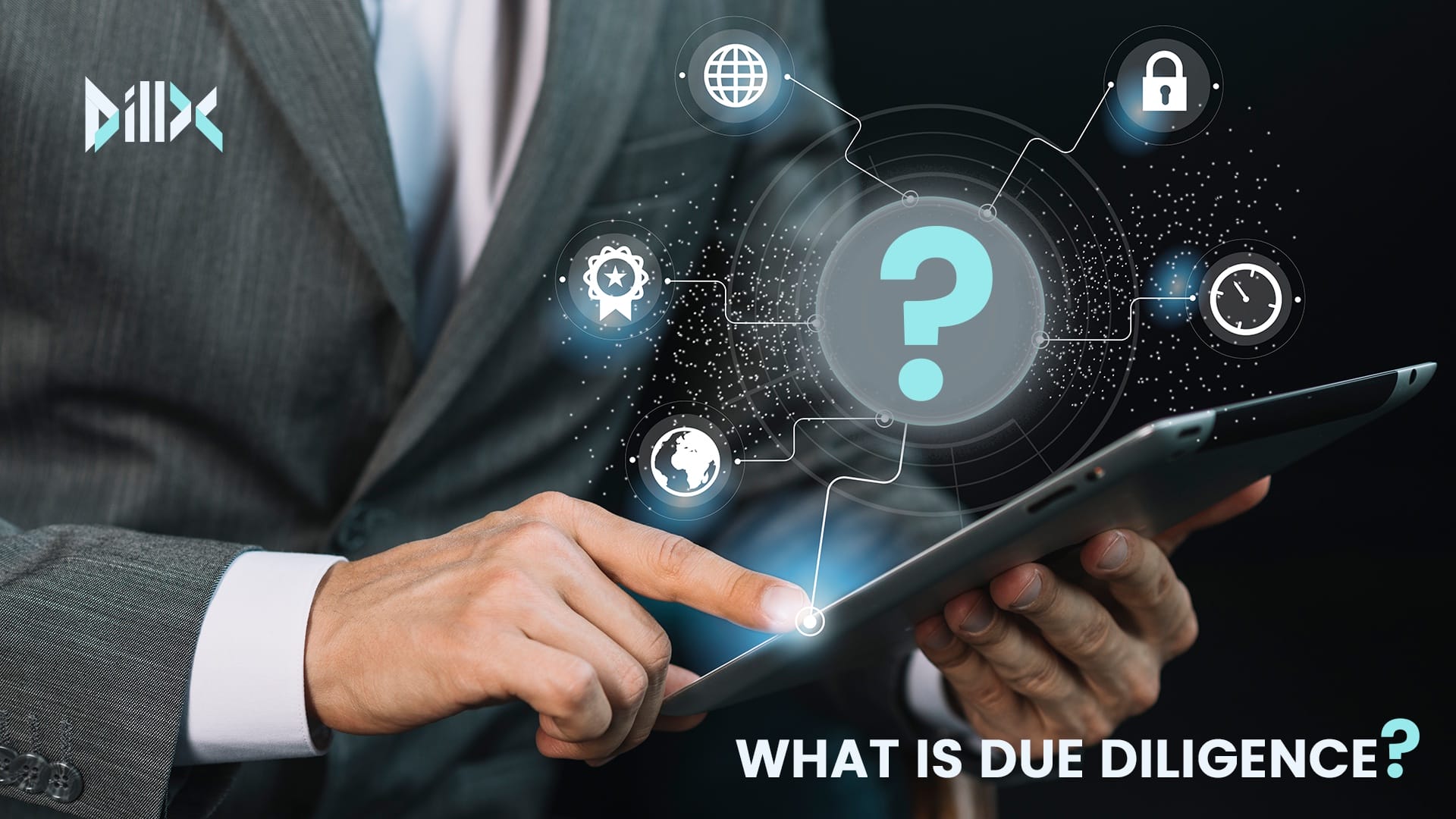As the business world embraces technological advancements, traditional processes are being reimagined and streamlined. One such transformation is seen in the realm of due diligence, where automation is revolutionizing the way businesses assess risks, gather information, and make informed decisions. In this blog post, we delve into the concept of automated due diligence, exploring its benefits, challenges, and how it’s reshaping the landscape of business transactions.
Understanding Automated Due Diligence:
Automated due diligence refers to the integration of technology, data analytics, and artificial intelligence (AI) to streamline the process of gathering, analyzing, and presenting information relevant to business transactions. By automating repetitive tasks, such as document review, data analysis, and verification, businesses can accelerate the due diligence process and enhance accuracy while minimizing the chances of errors and oversight.
The Advantages of Automated Due Diligence:
- Enhanced Speed: Automation reduces the time required for manual data collection, analysis, and verification, leading to faster transaction closures.
- Improved Accuracy: Automated systems eliminate the risk of human error, ensuring that data is processed and analyzed accurately.
- Consistency: Automated due diligence ensures that the same set of criteria are applied consistently to all transactions, reducing bias and discrepancies.
- Cost Efficiency: By reducing the need for manual labor and paper-based processes, automation can lead to significant cost savings over time.
- Real-time Insights: Automated systems provide real-time access to updated data and information, allowing stakeholders to make informed decisions quickly.
Challenges and Considerations:
- Data Quality: Automated processes heavily rely on accurate and reliable data. Poor data quality can lead to erroneous outcomes.
- Complex Transactions: Some transactions involve nuances and complexities that may be challenging for automated systems to fully grasp.
- Human Oversight: While automation enhances efficiency, human oversight is still crucial to interpret results, ensure compliance, and address exceptional cases.
Applications of Automated Due Diligence:
- Document Review: Automated systems can scan and categorize documents, flagging inconsistencies or missing information.
- Data Analysis: AI-powered algorithms can analyze financial data, identifying trends, anomalies, and potential risks.
- Background Checks: Automated processes can quickly verify the legal, financial, and operational history of entities involved in a transaction.
- Risk Assessment: Automated tools can assess the level of risk associated with a transaction, based on predefined criteria.
- Compliance Checks: Automation can ensure that transactions adhere to legal and regulatory requirements.
The Future of Due Diligence:
As technology continues to evolve, the role of automation in due diligence is poised to expand further. Businesses will likely integrate more advanced AI, machine learning, and predictive analytics to enhance the accuracy and speed of decision-making processes. However, while automation provides efficiency, it’s essential to strike a balance between technology and human expertise.
Conclusion:
Automated due diligence is shaping a new era of efficiency, accuracy, and speed in the world of business transactions. By harnessing the power of technology to handle repetitive tasks and data analysis, businesses can streamline their operations, make informed decisions, and navigate the complexities of due diligence with greater agility. While automation is revolutionizing the landscape, human oversight and expertise remain integral to ensuring a holistic and successful due diligence process.
About DillX
Unlock the power of streamlined due diligence with DillX. Say goodbye to months of manual, costly processes and embrace efficiency in just 3 days. Our SaaS platform automates the entire due diligence process, generating detailed DX reports with pre-verified company information and red flag alerts. Founders can track their investment readiness, while investors can assess more startups with reduced risk. Ready to transform your due diligence experience? Join our waitlist today.


